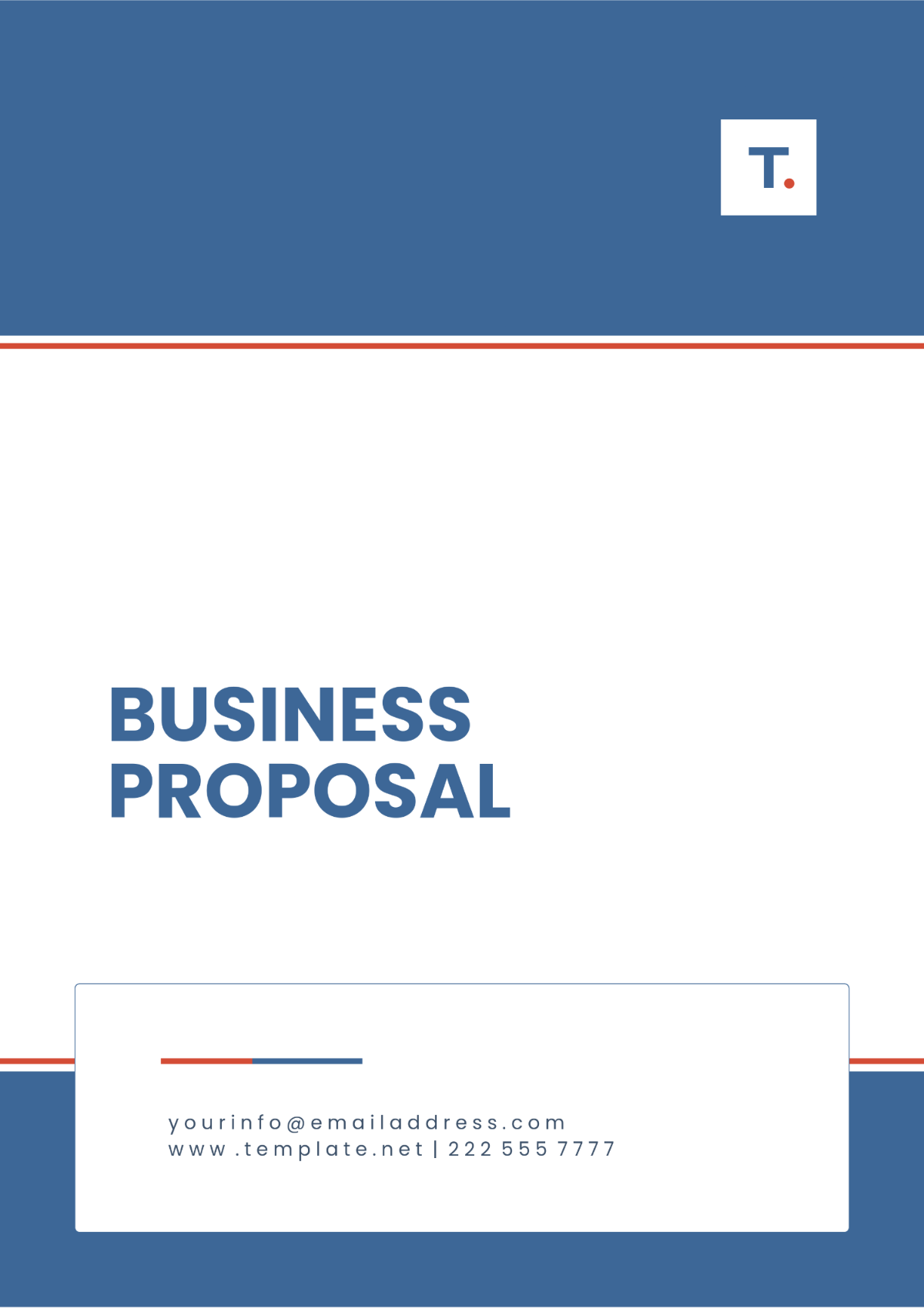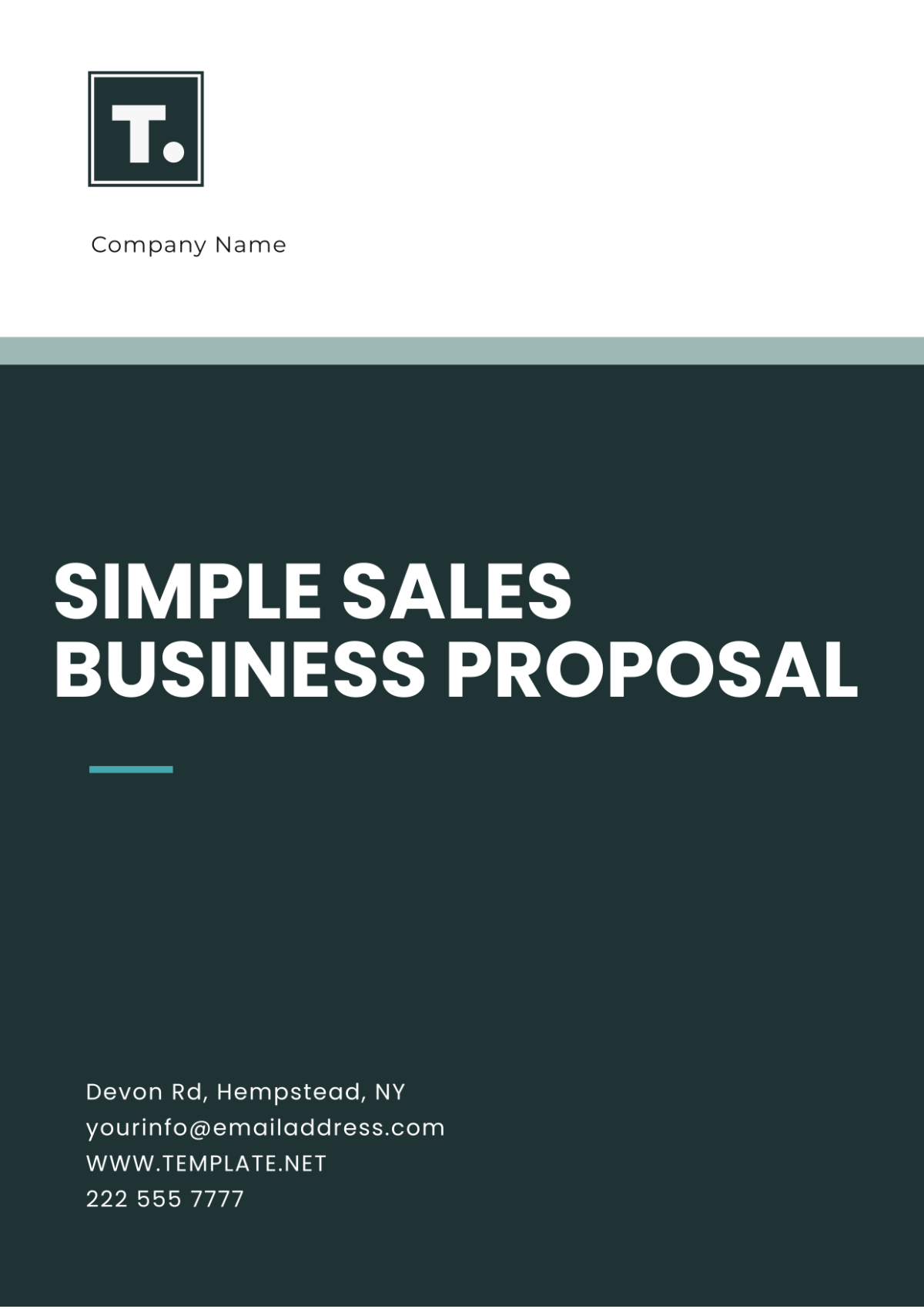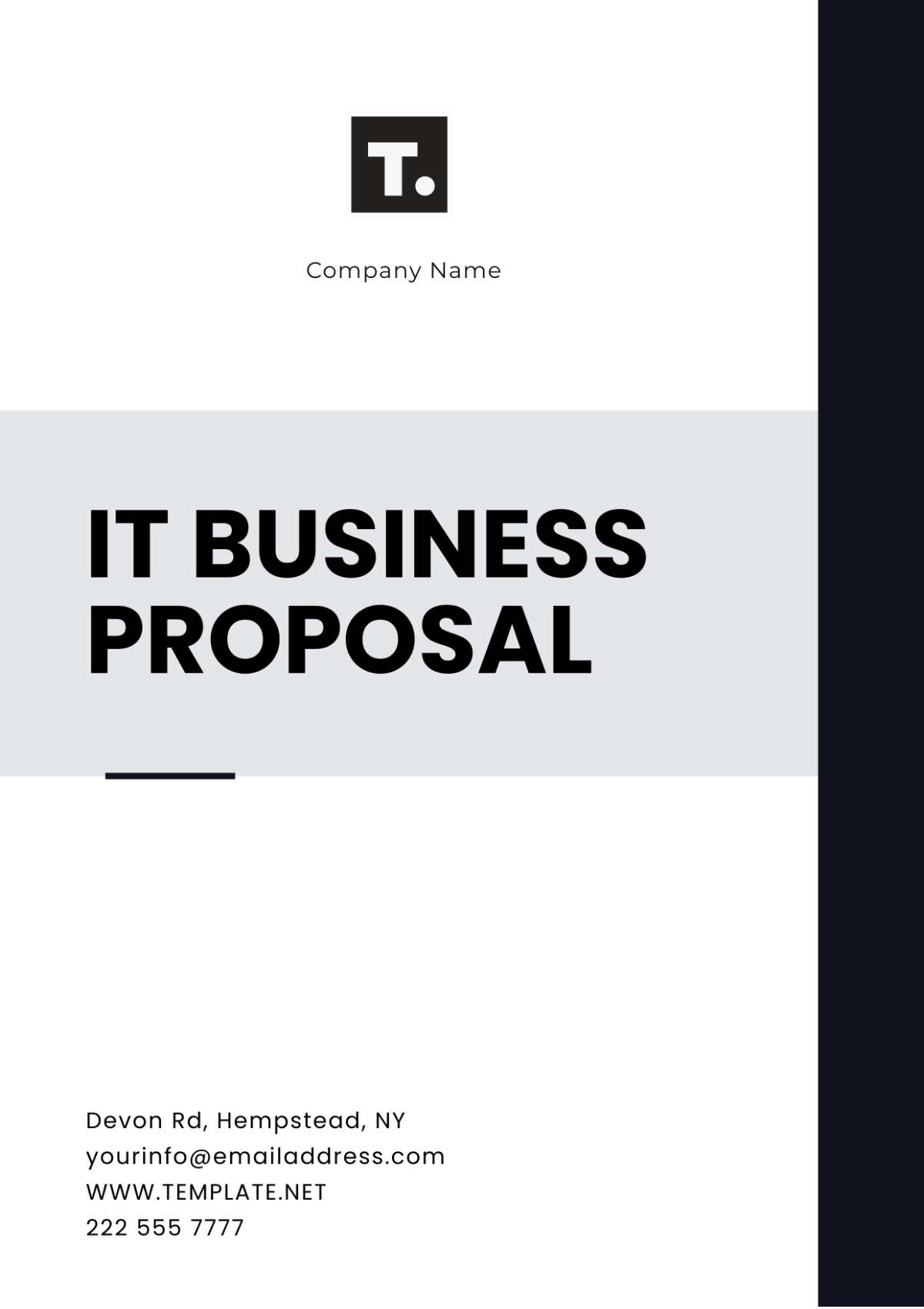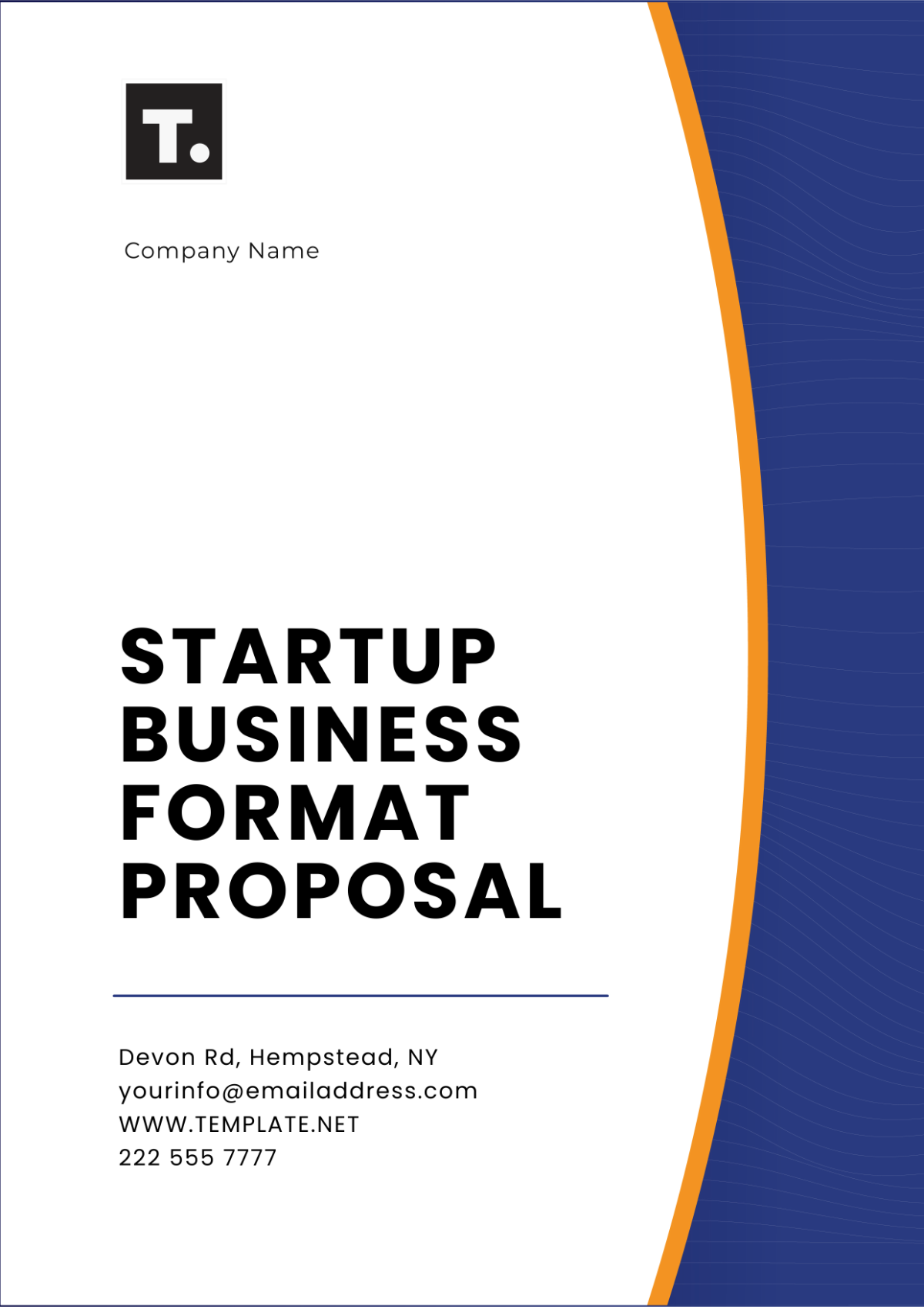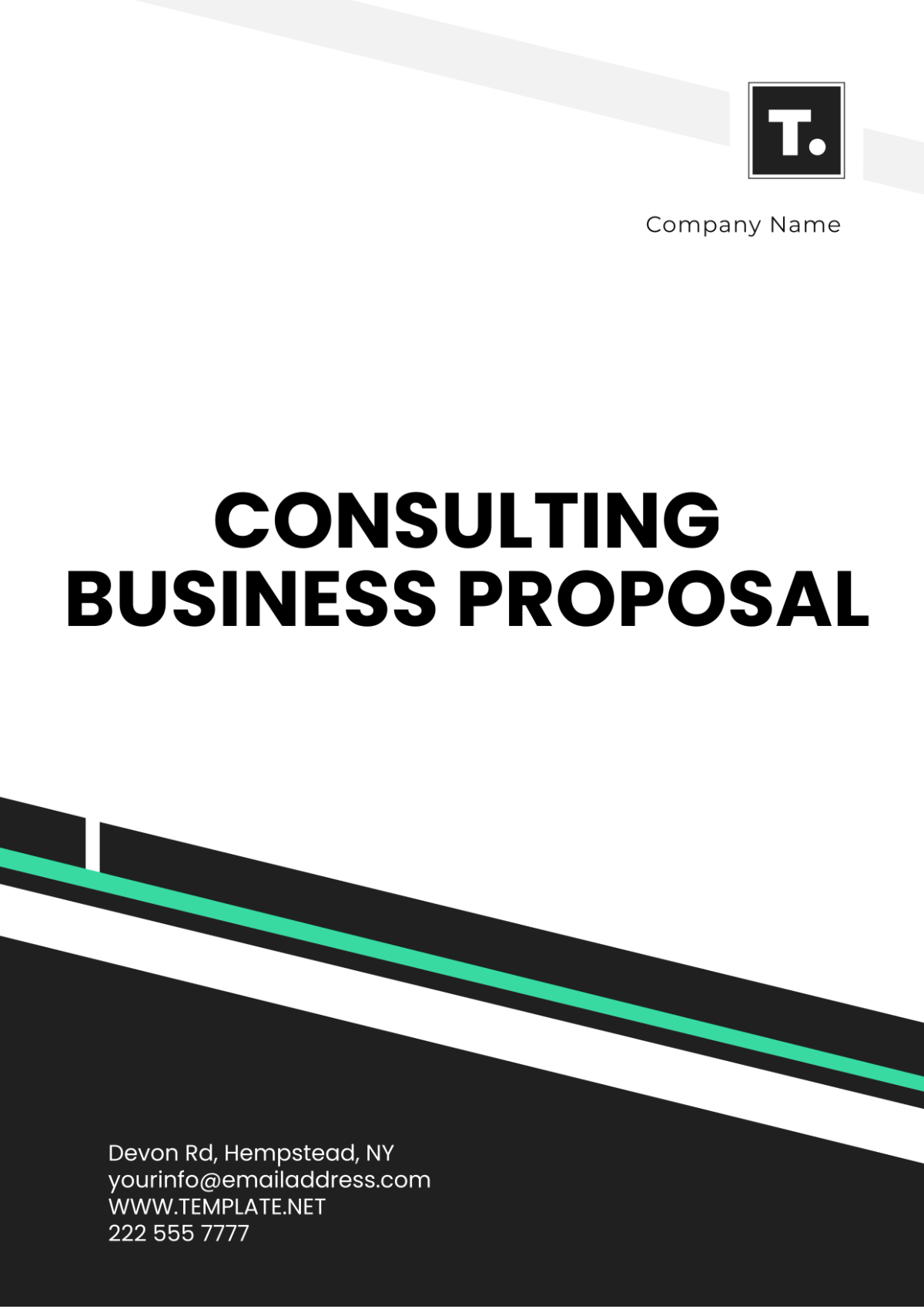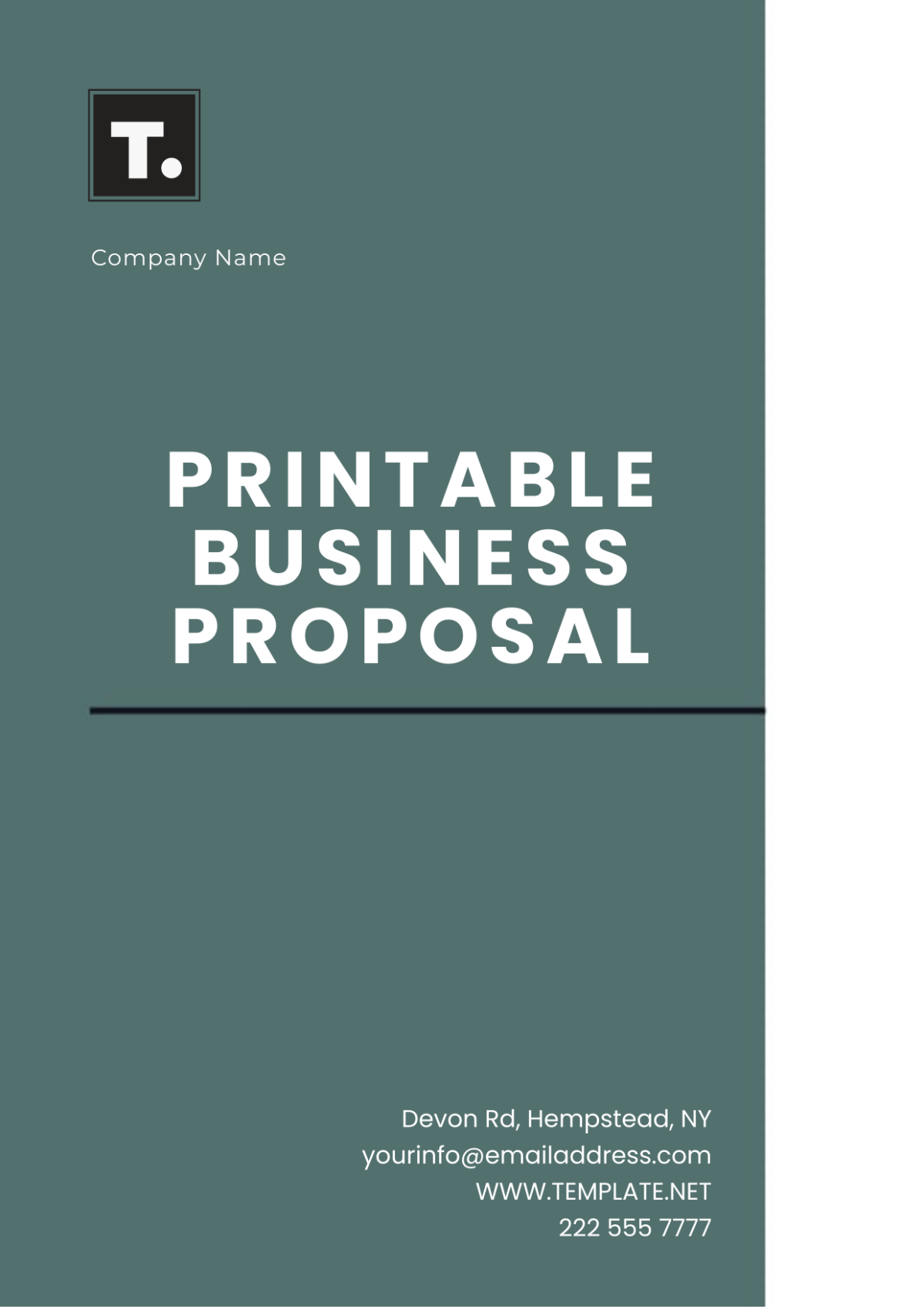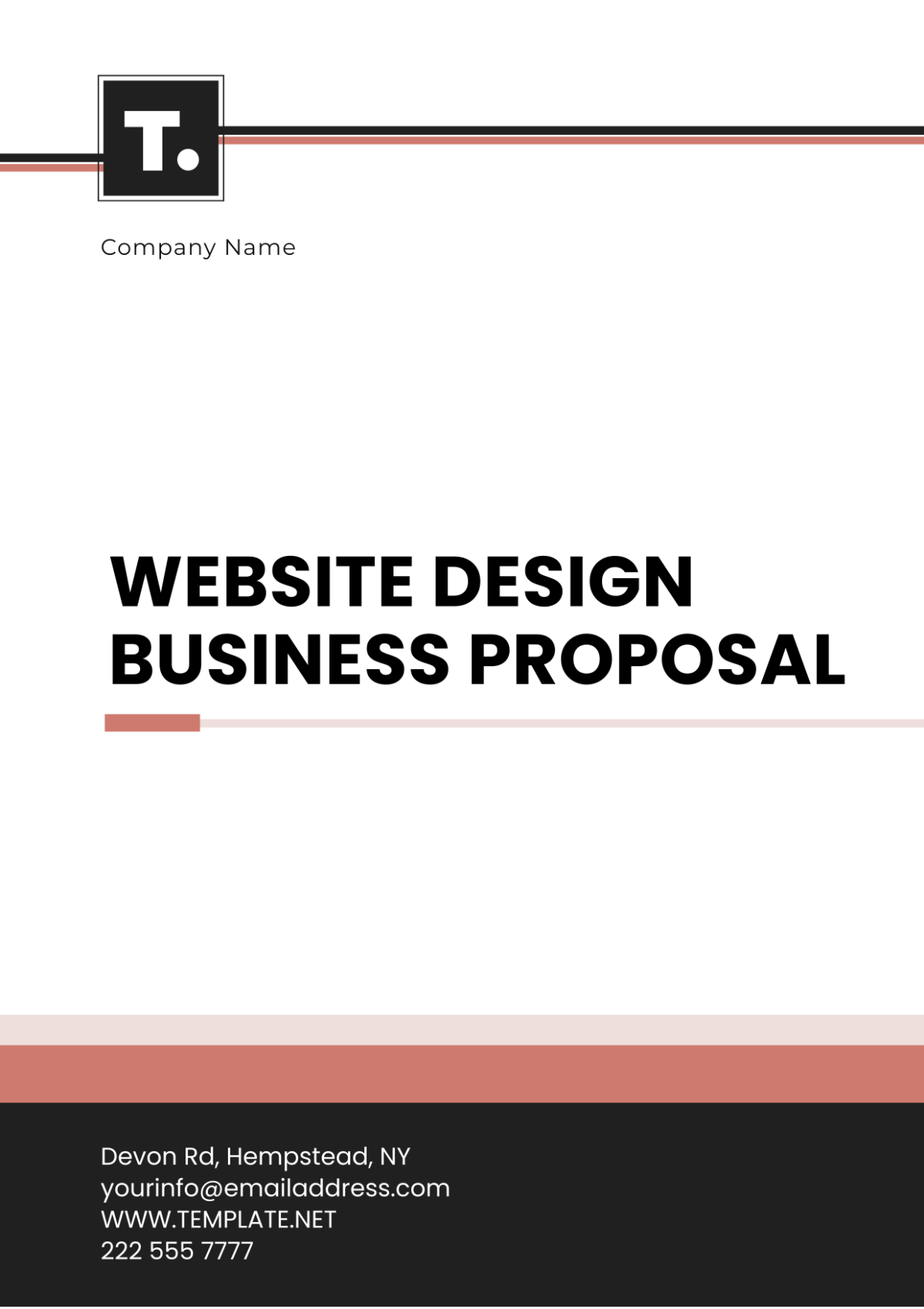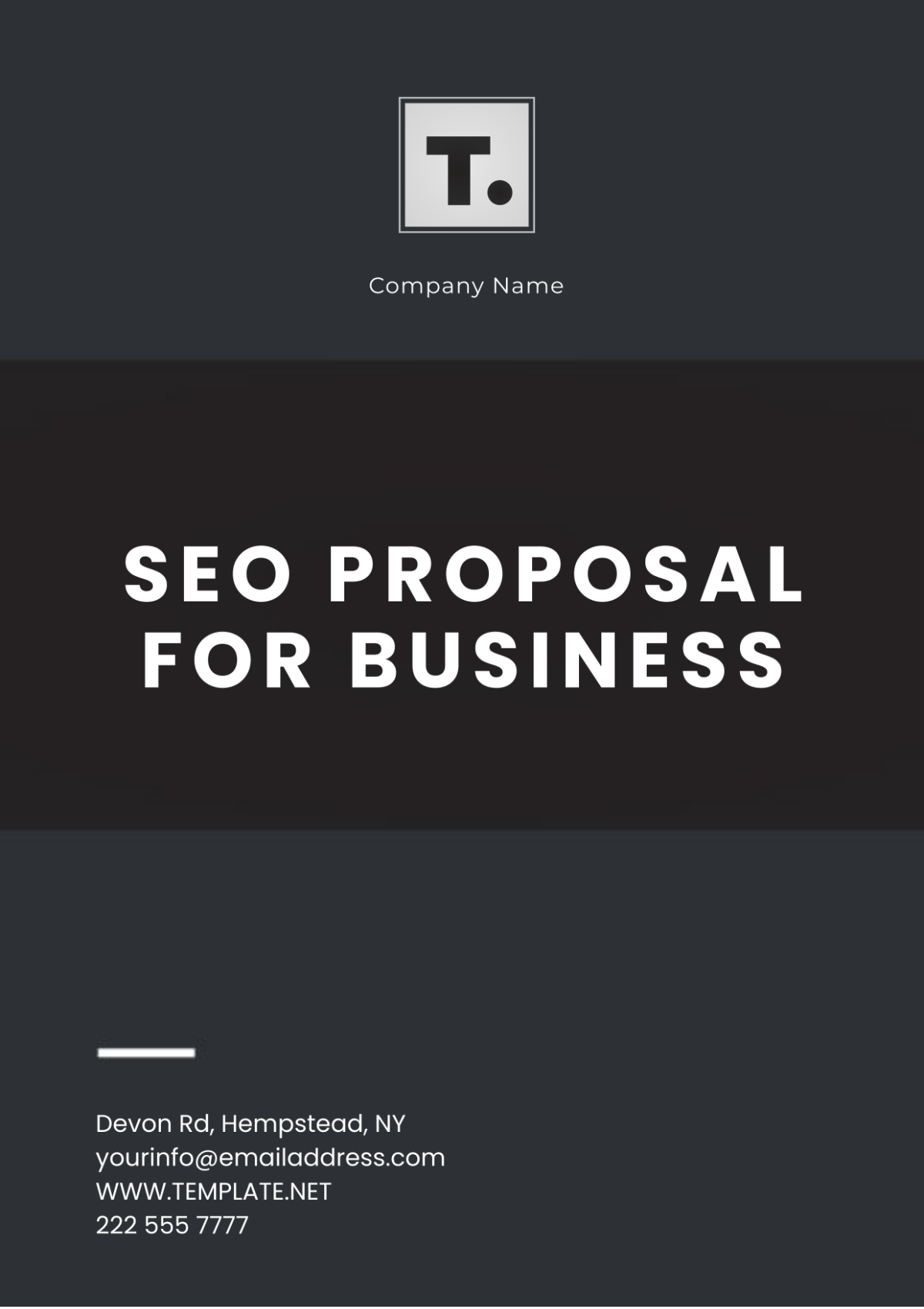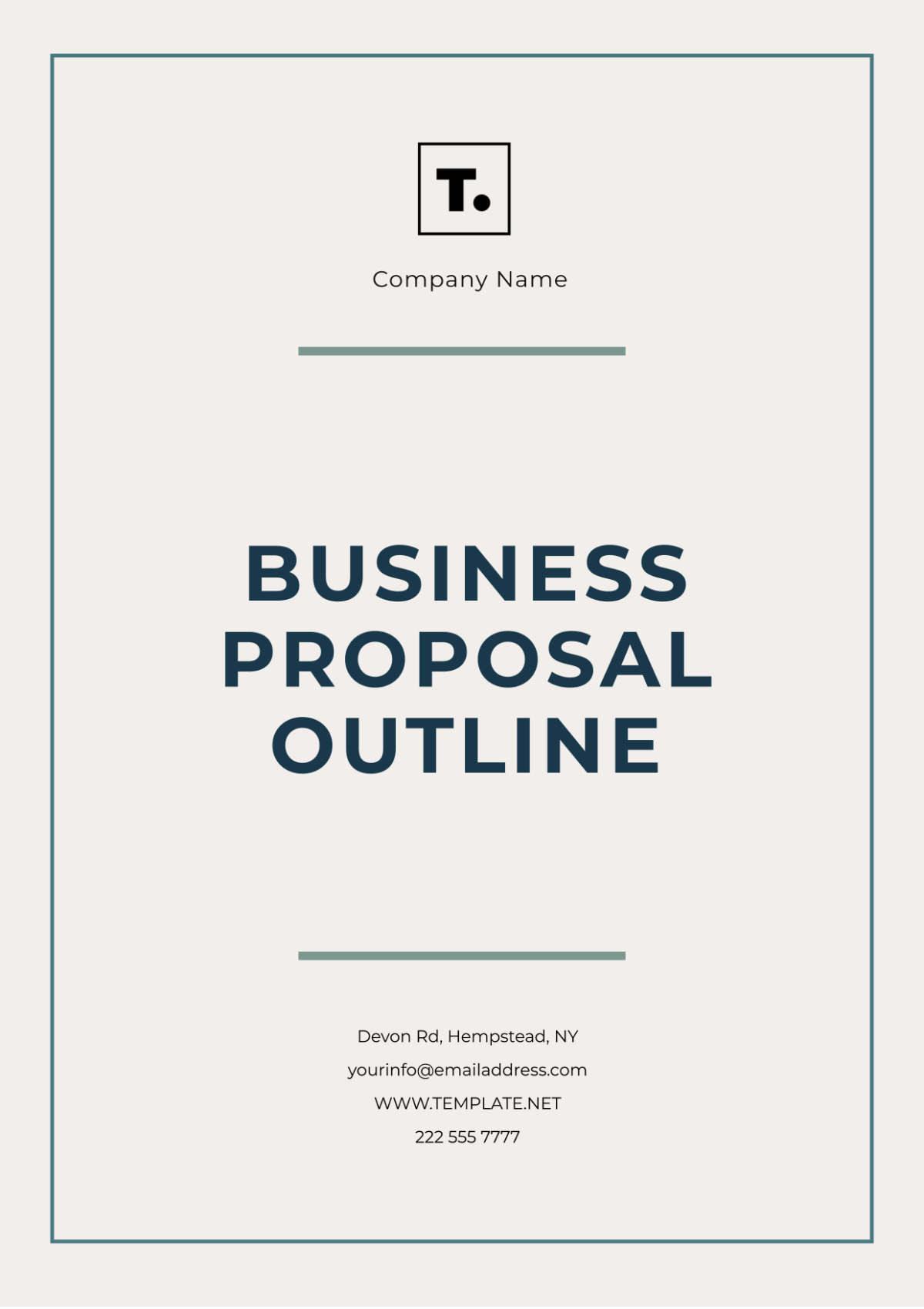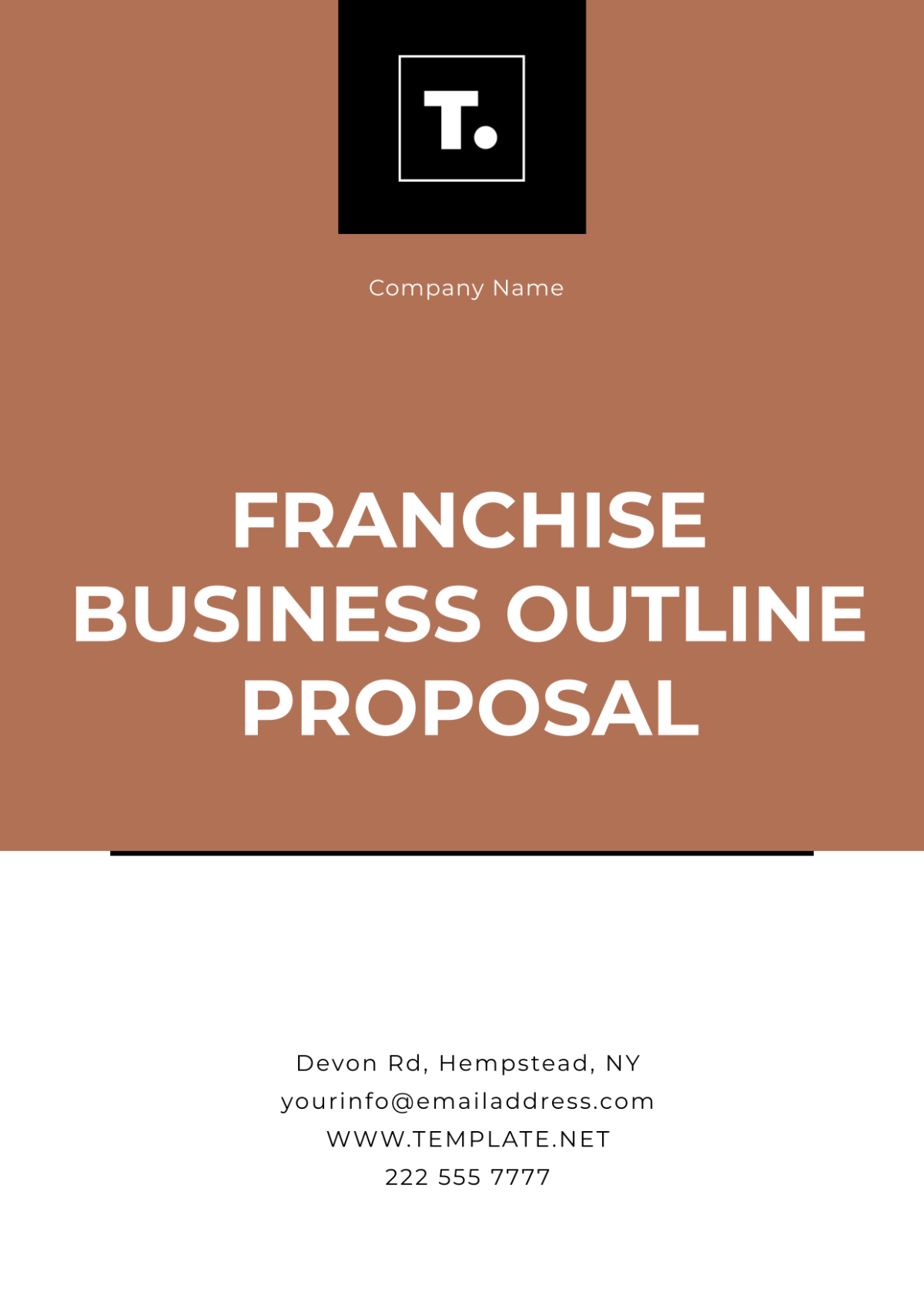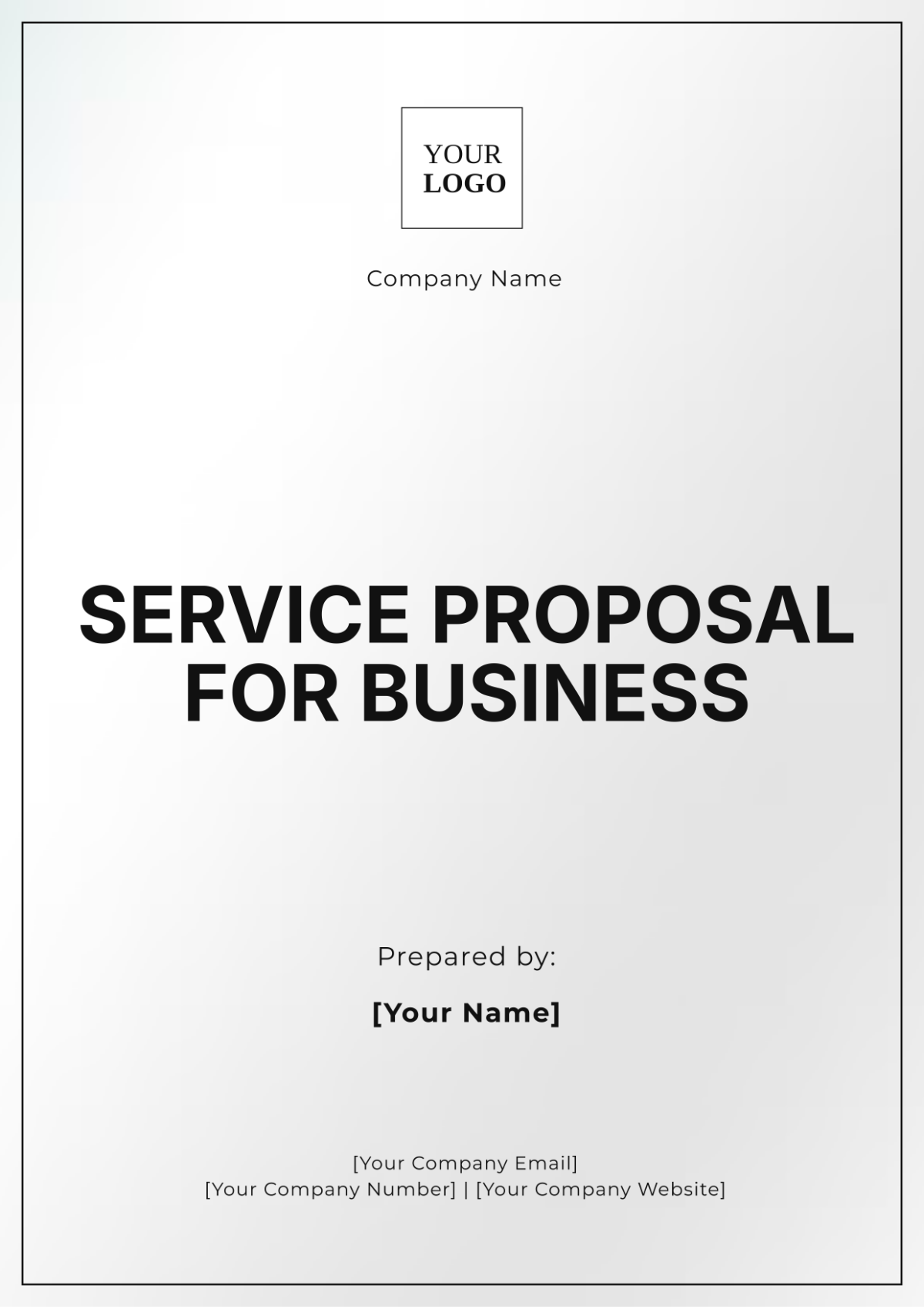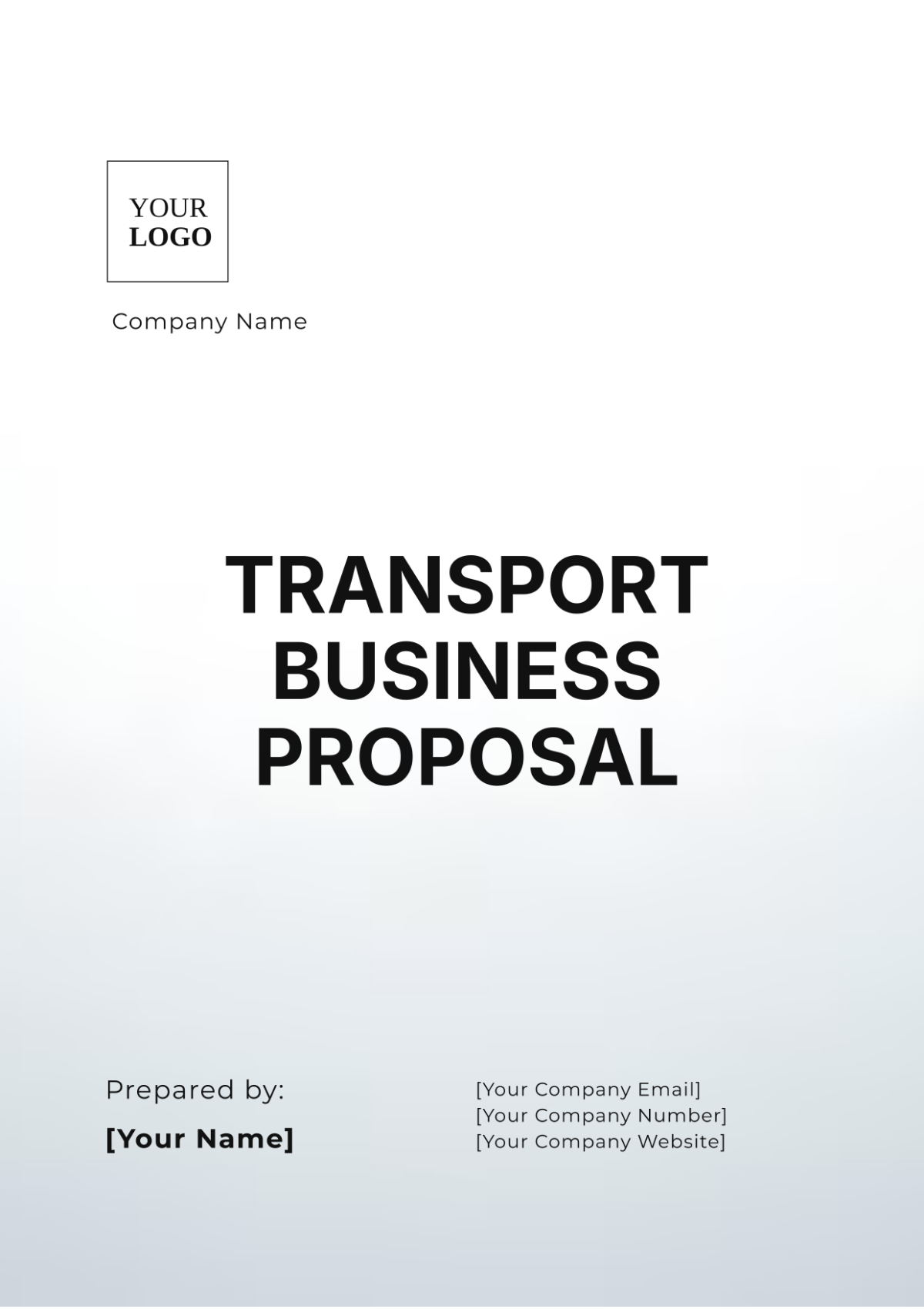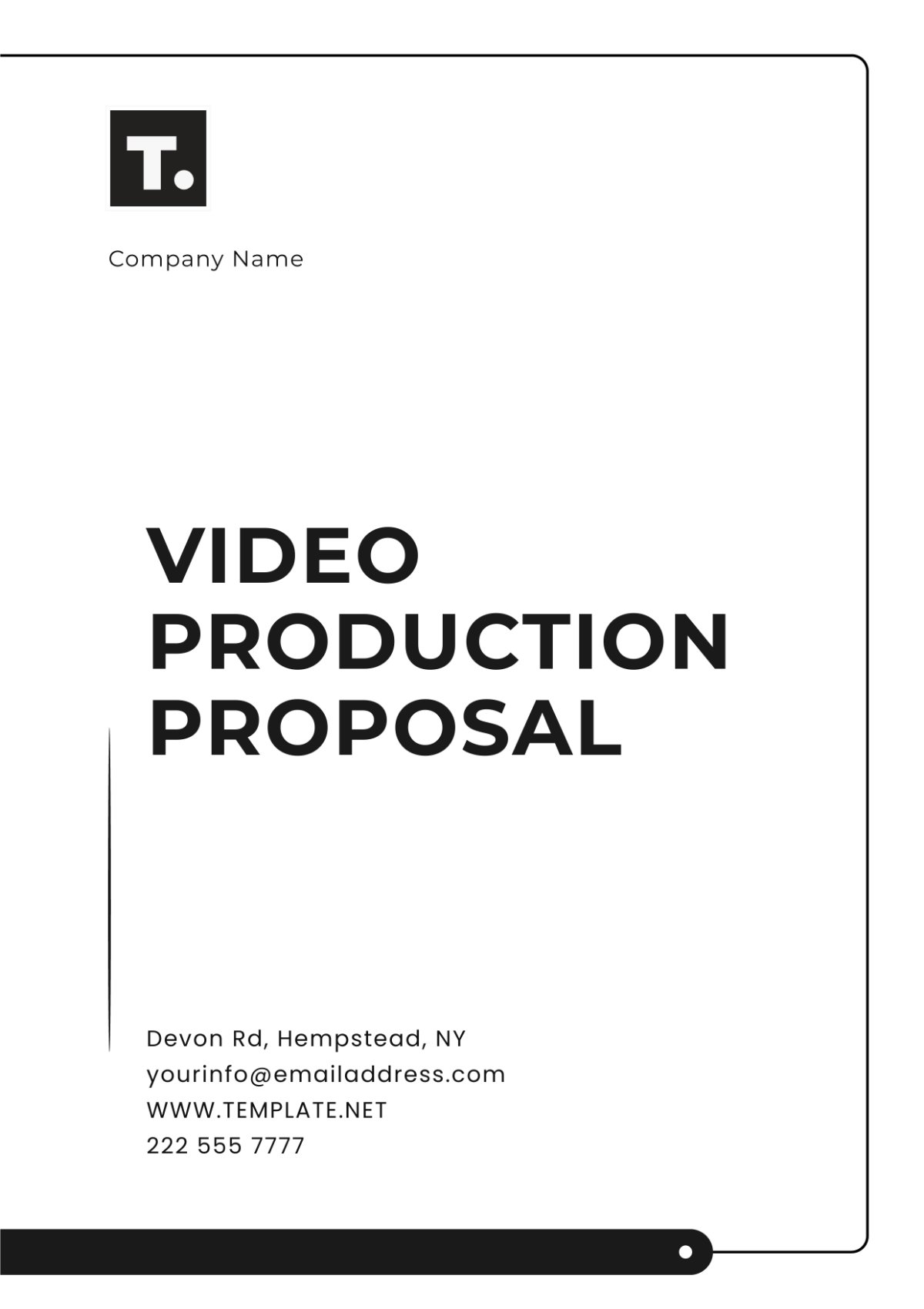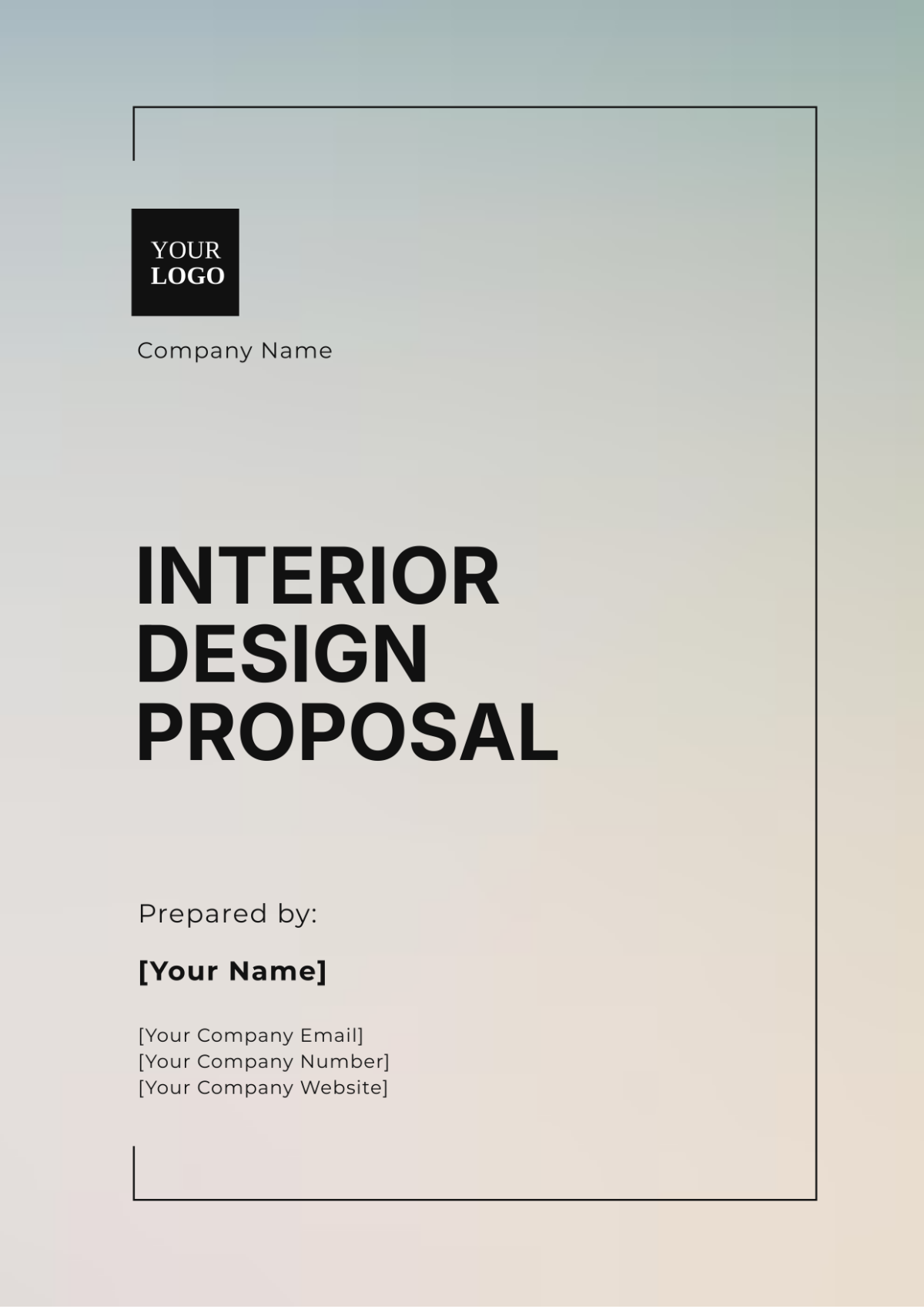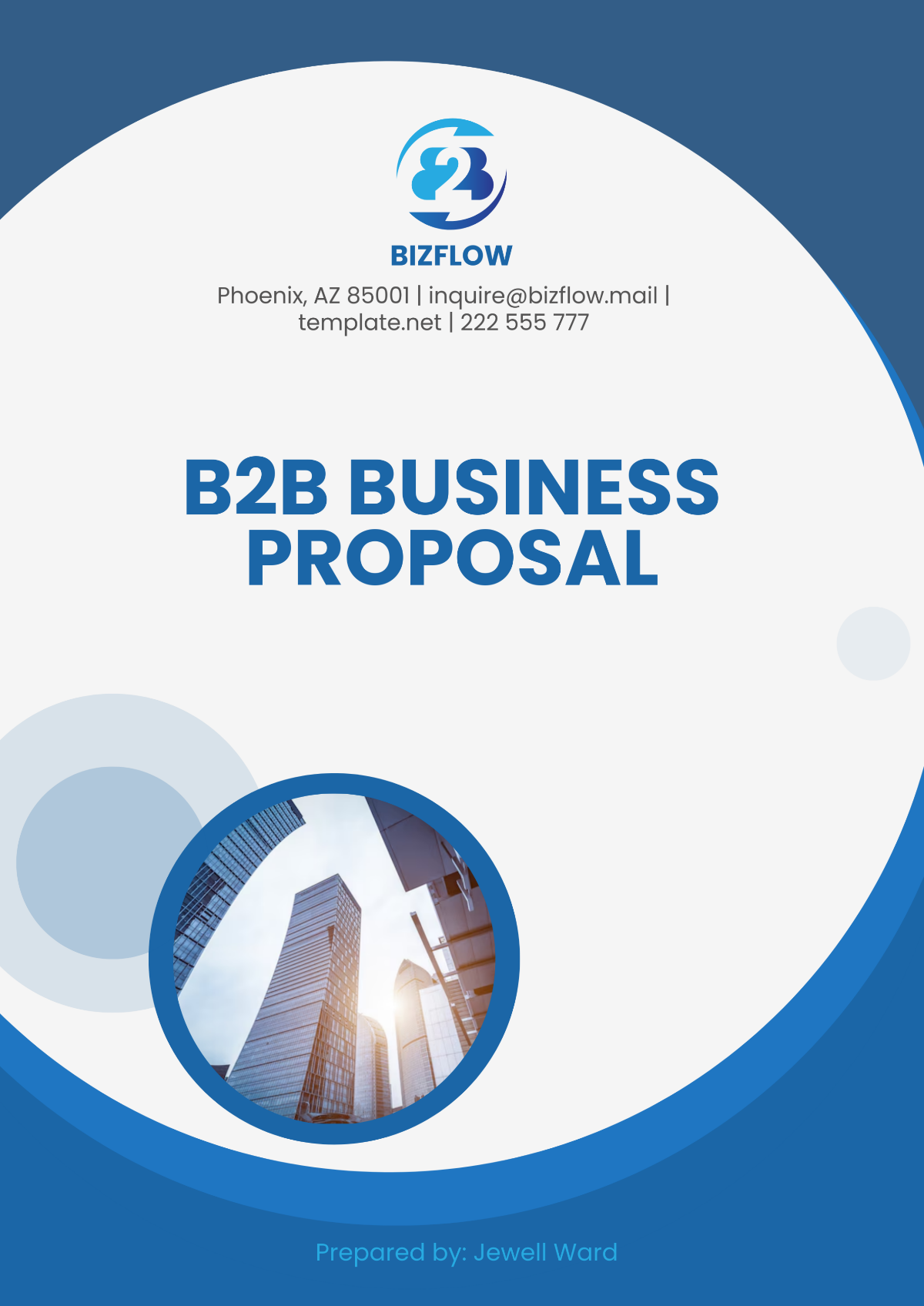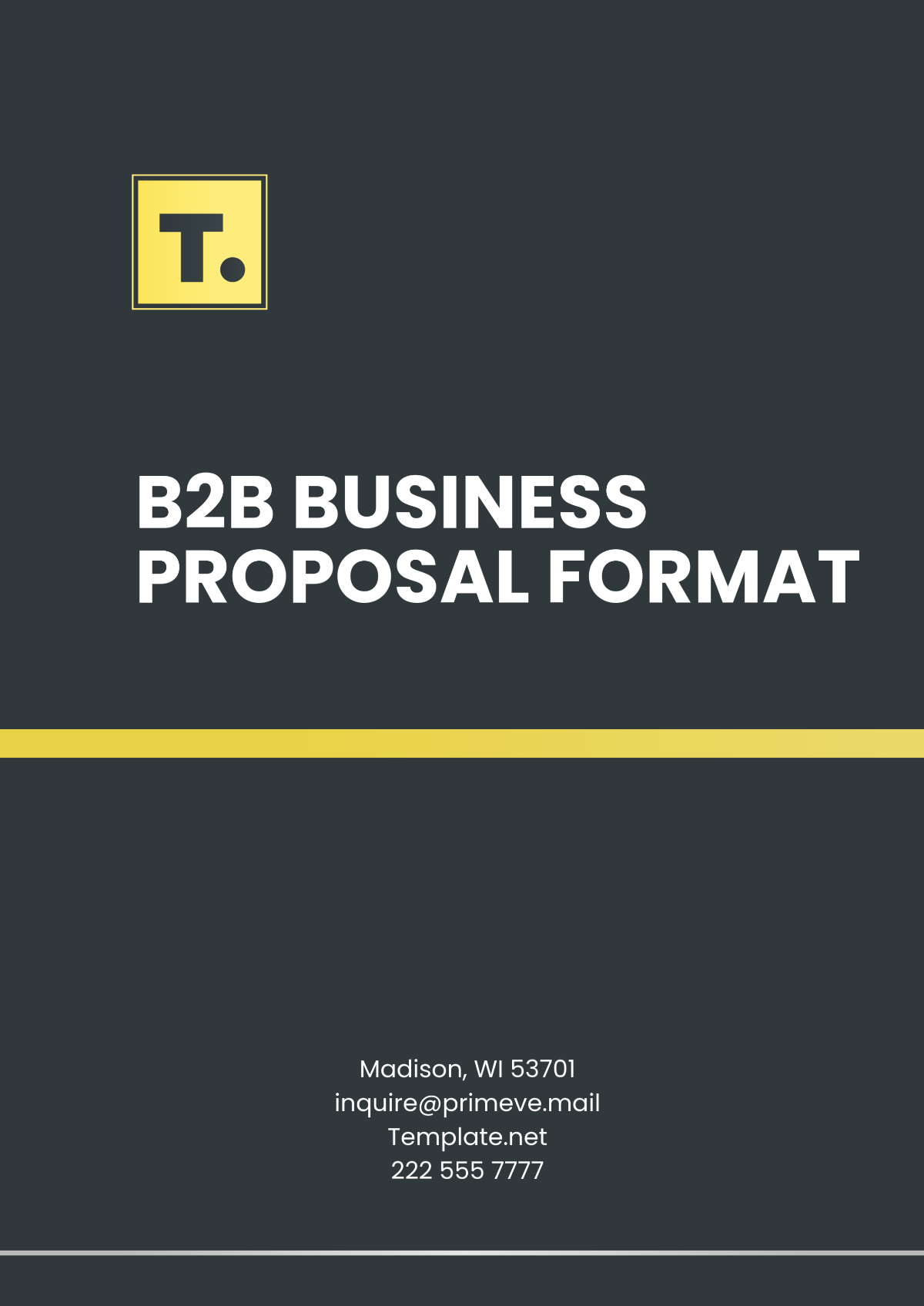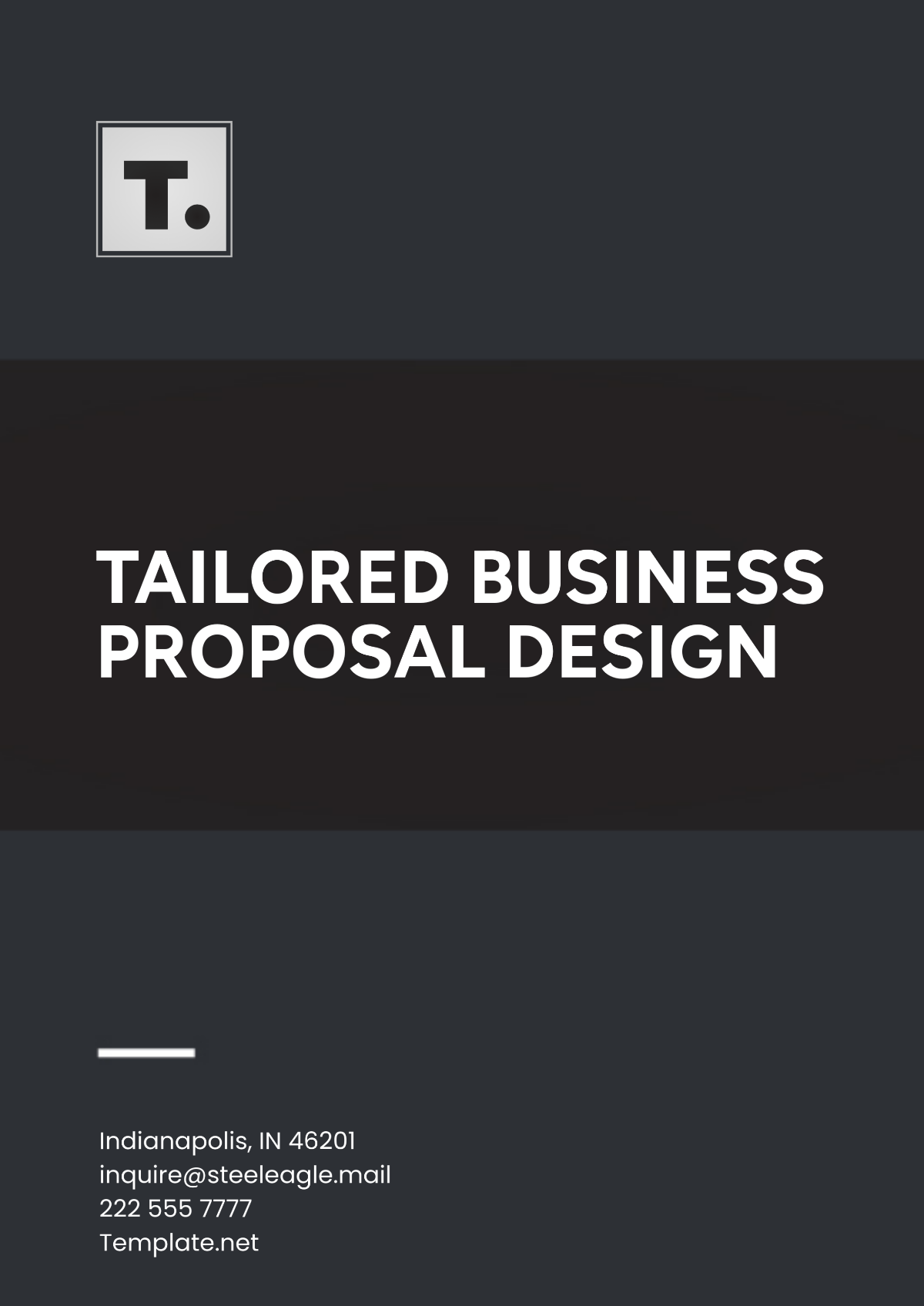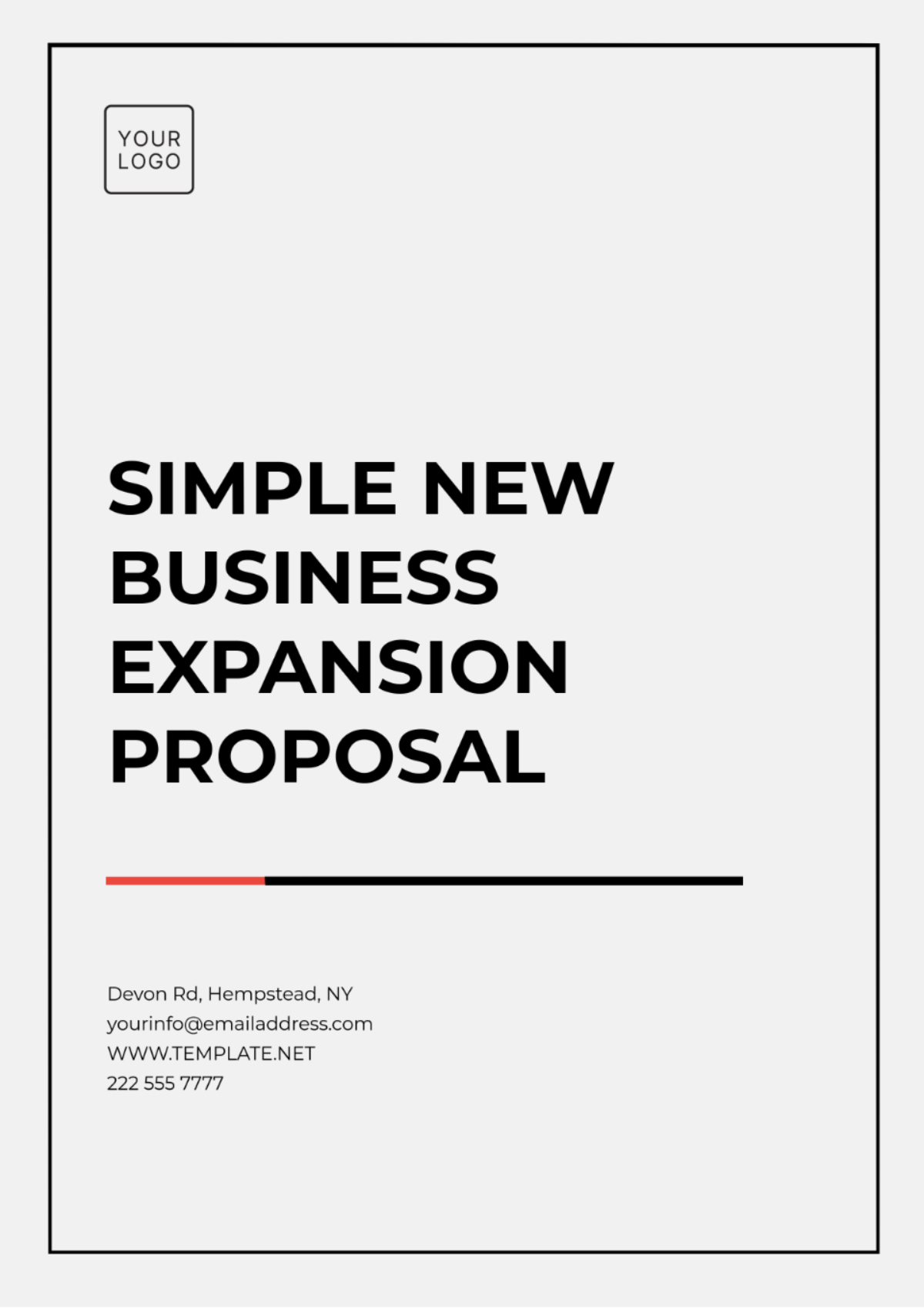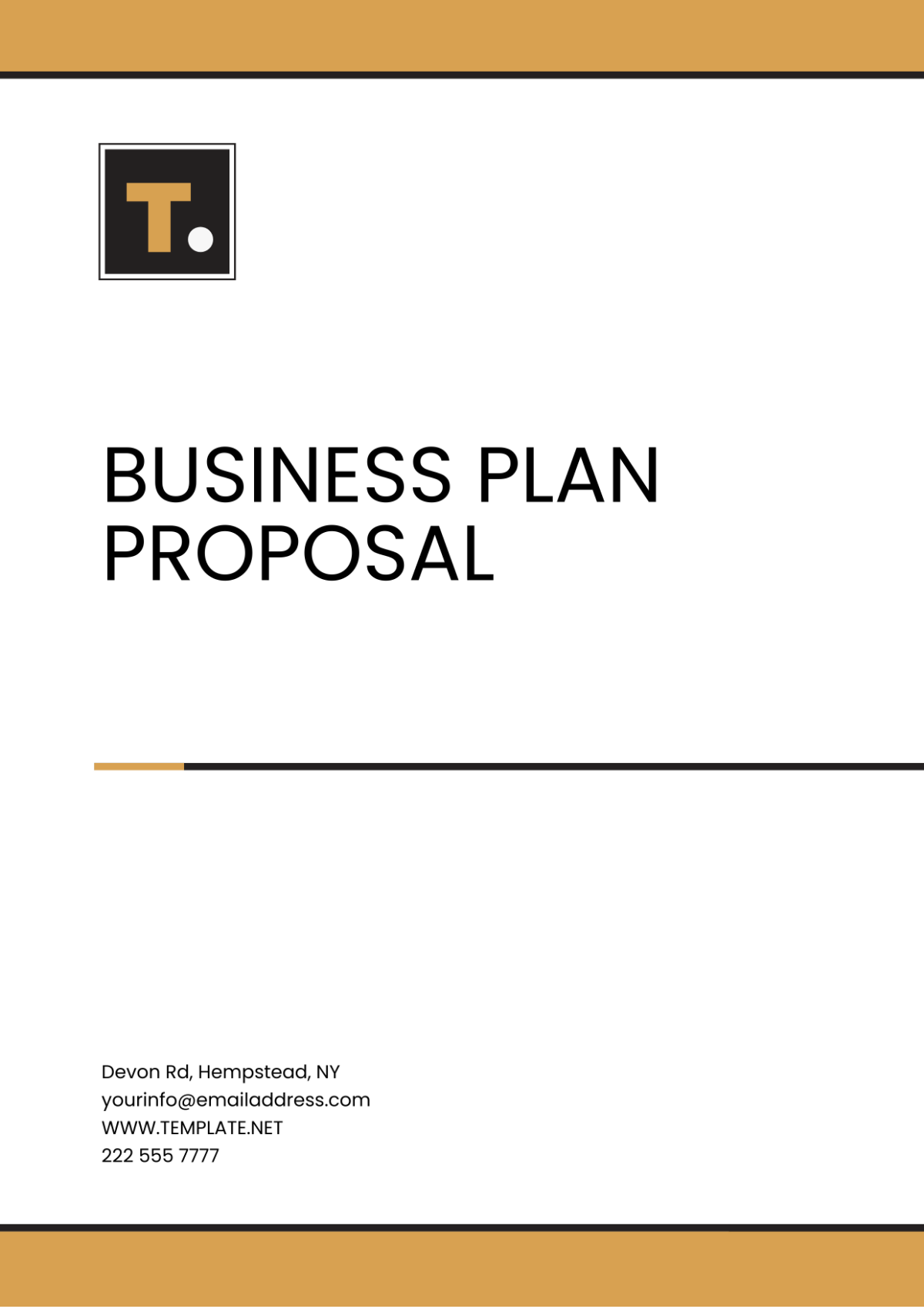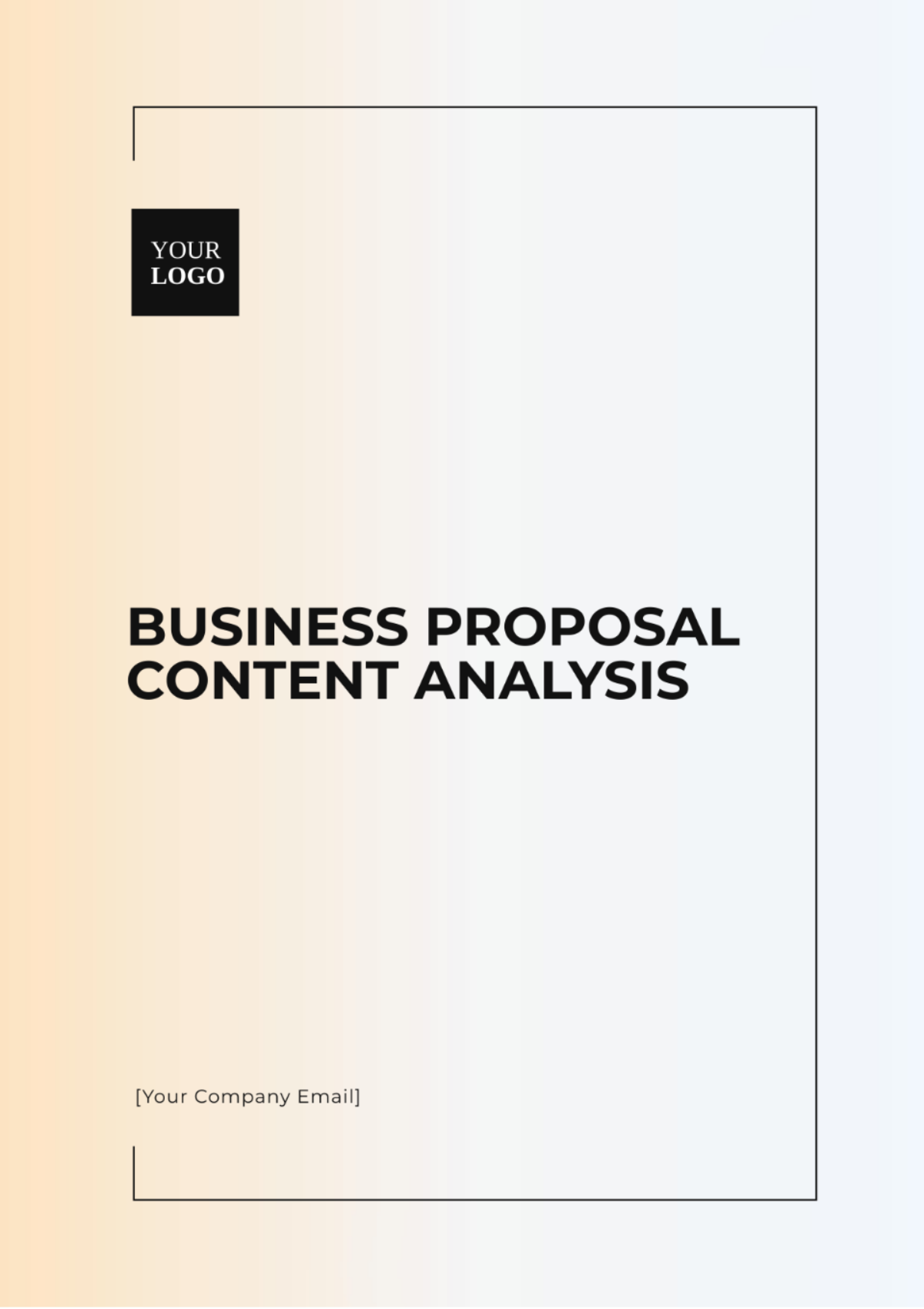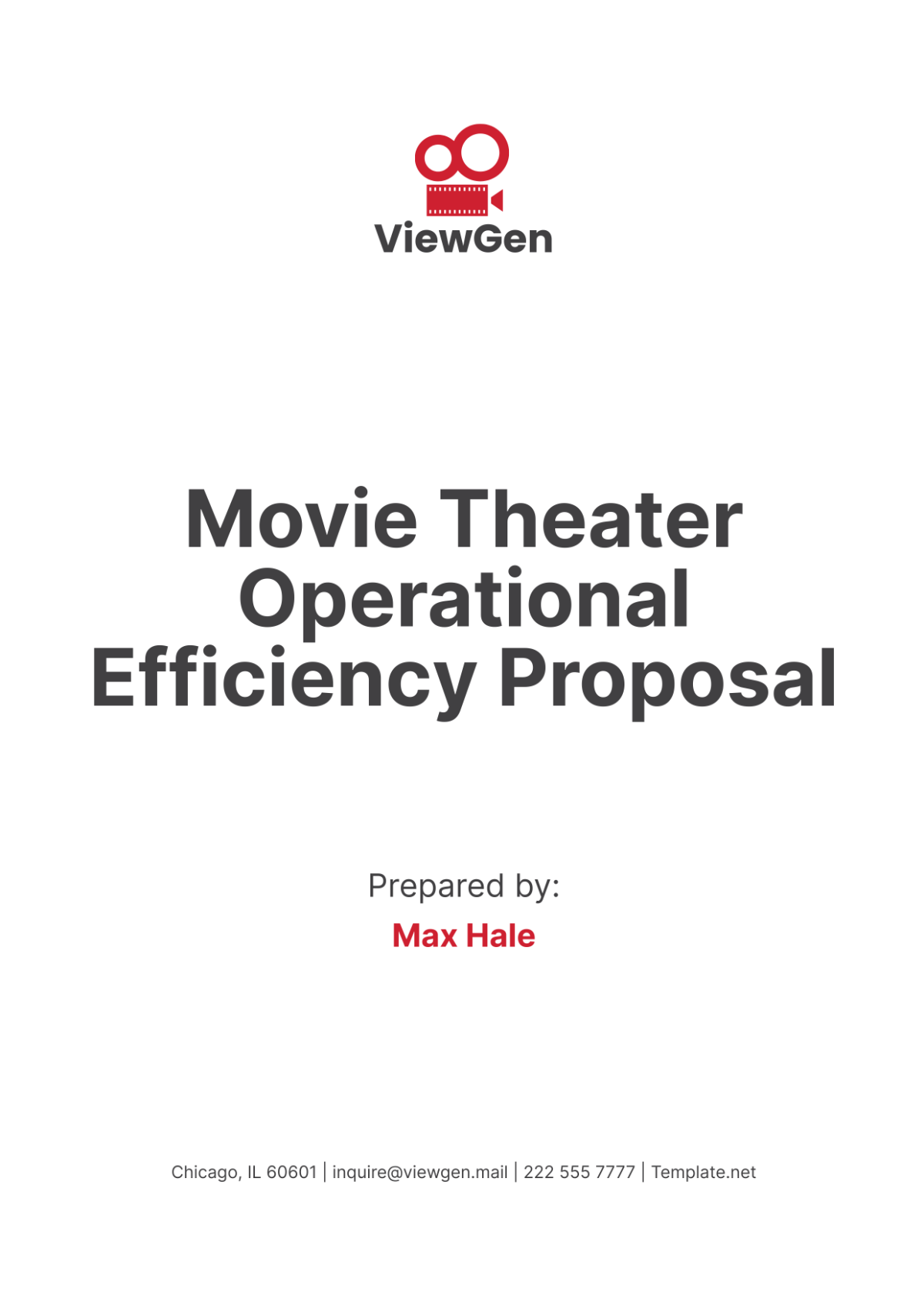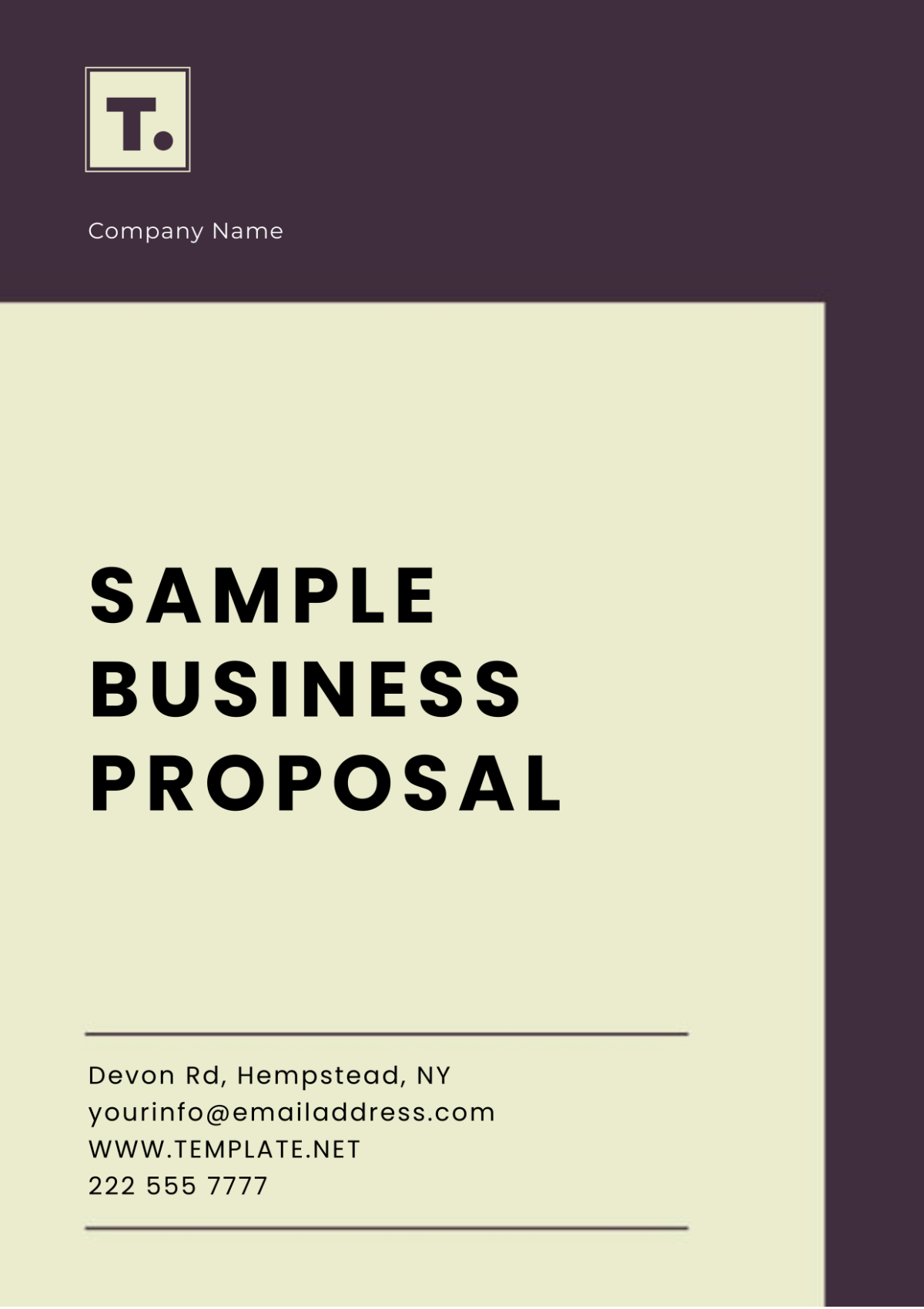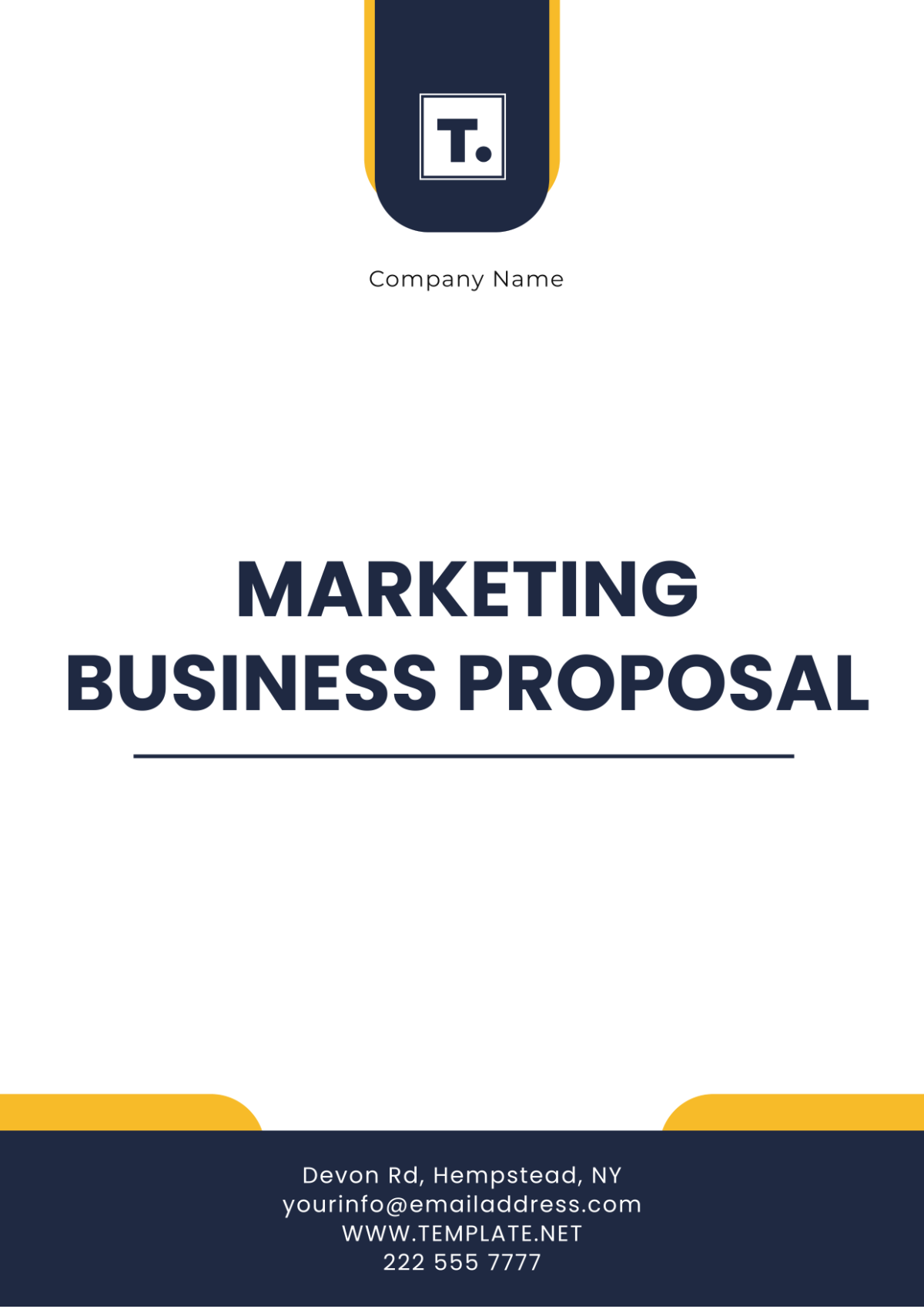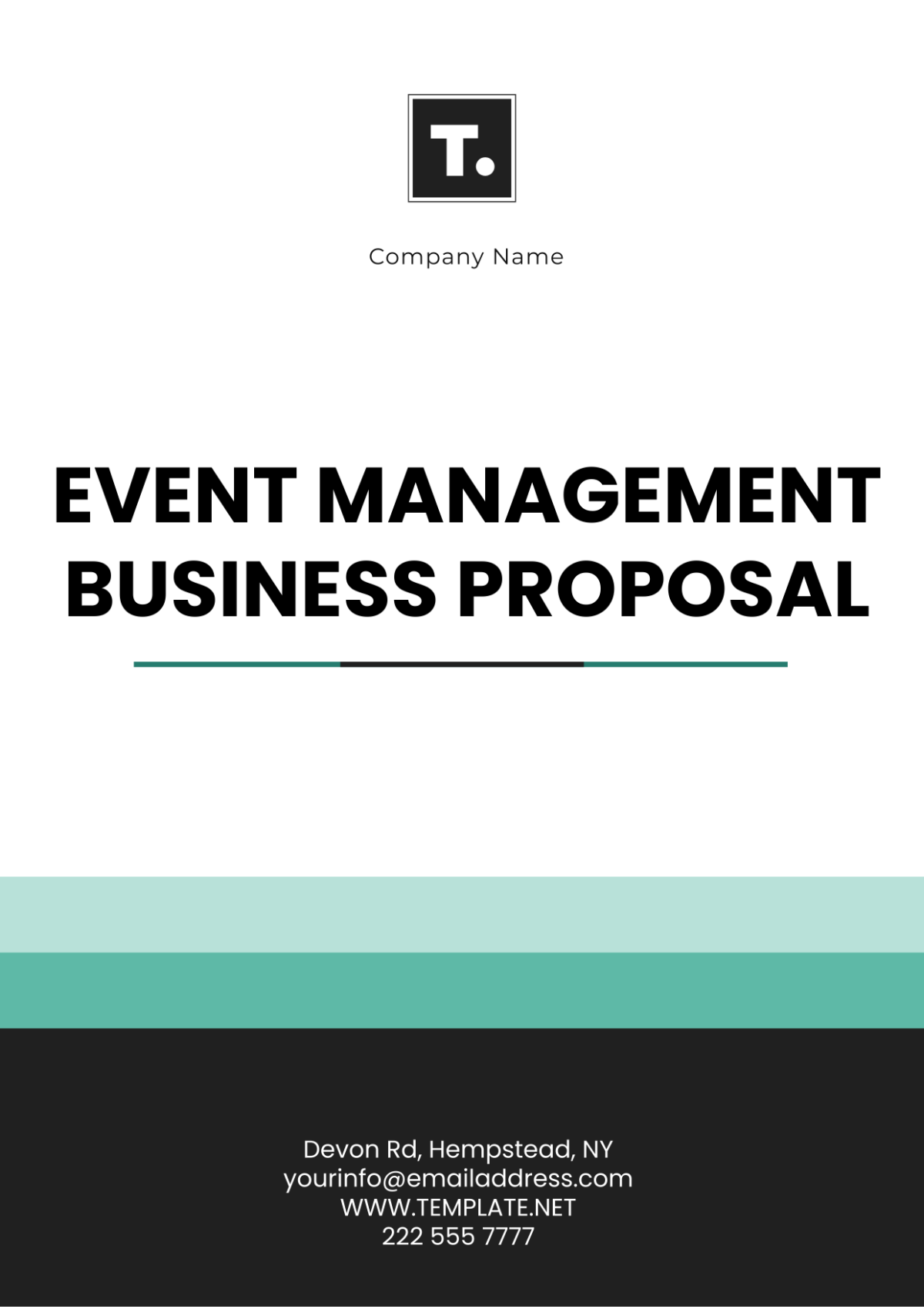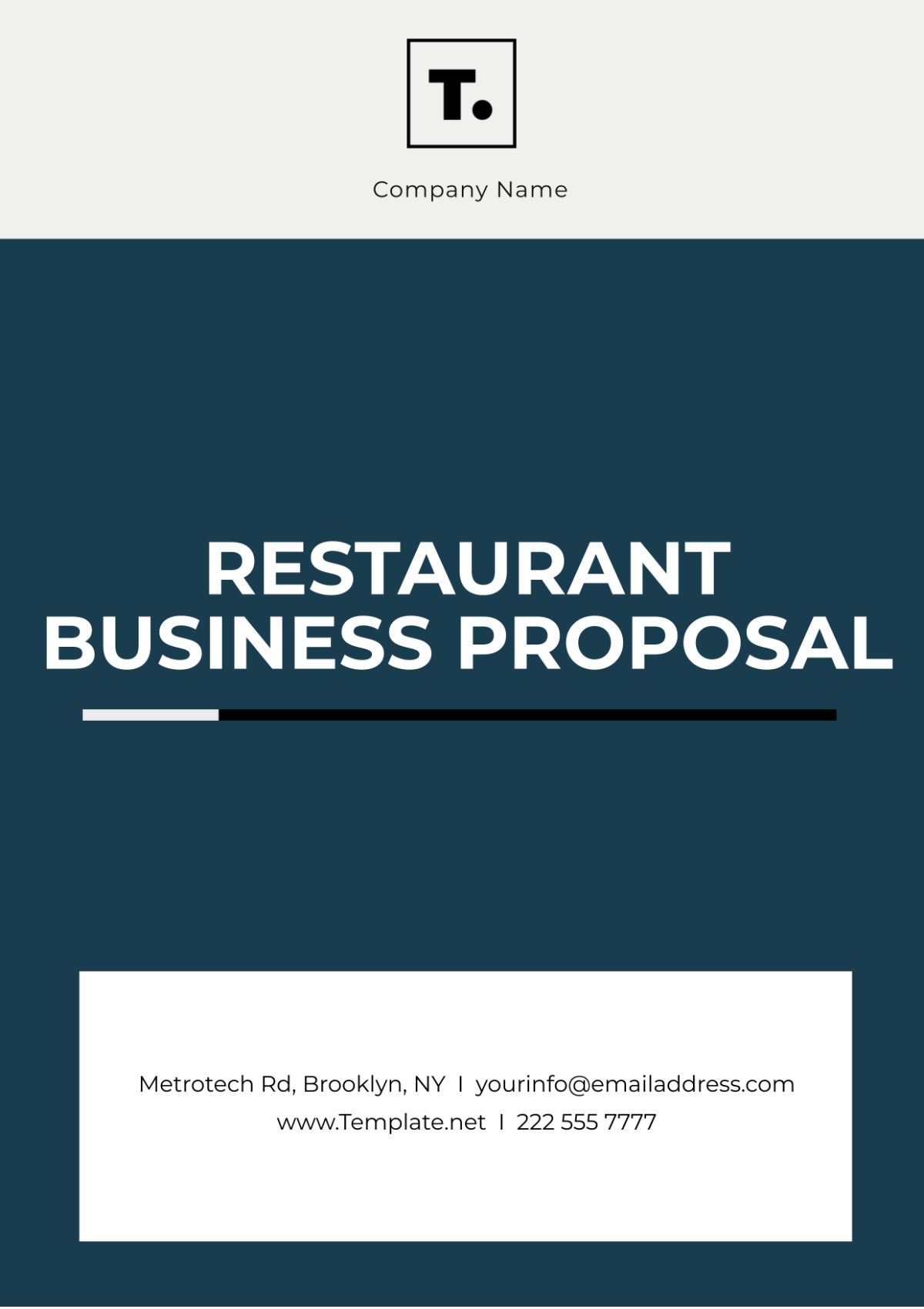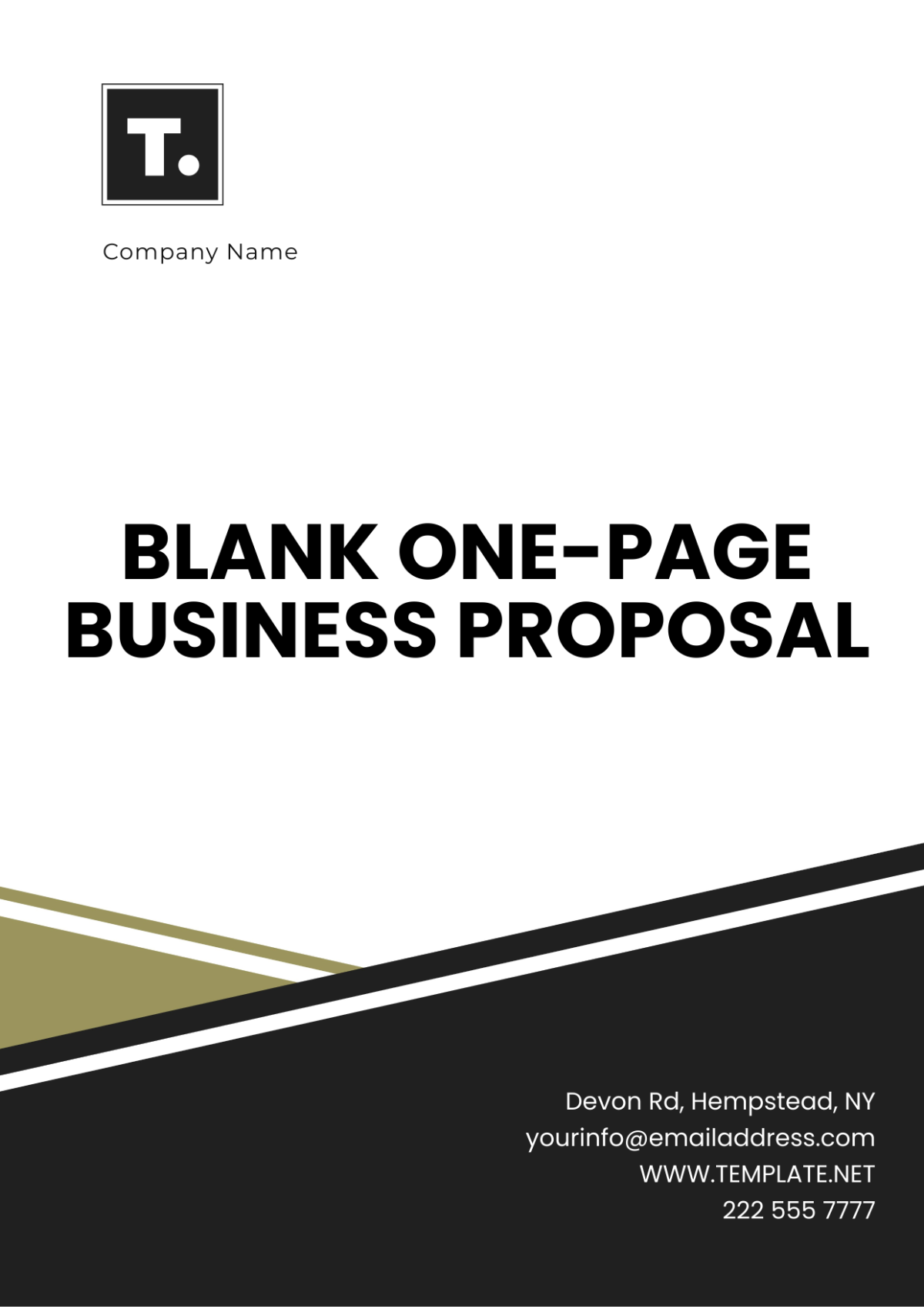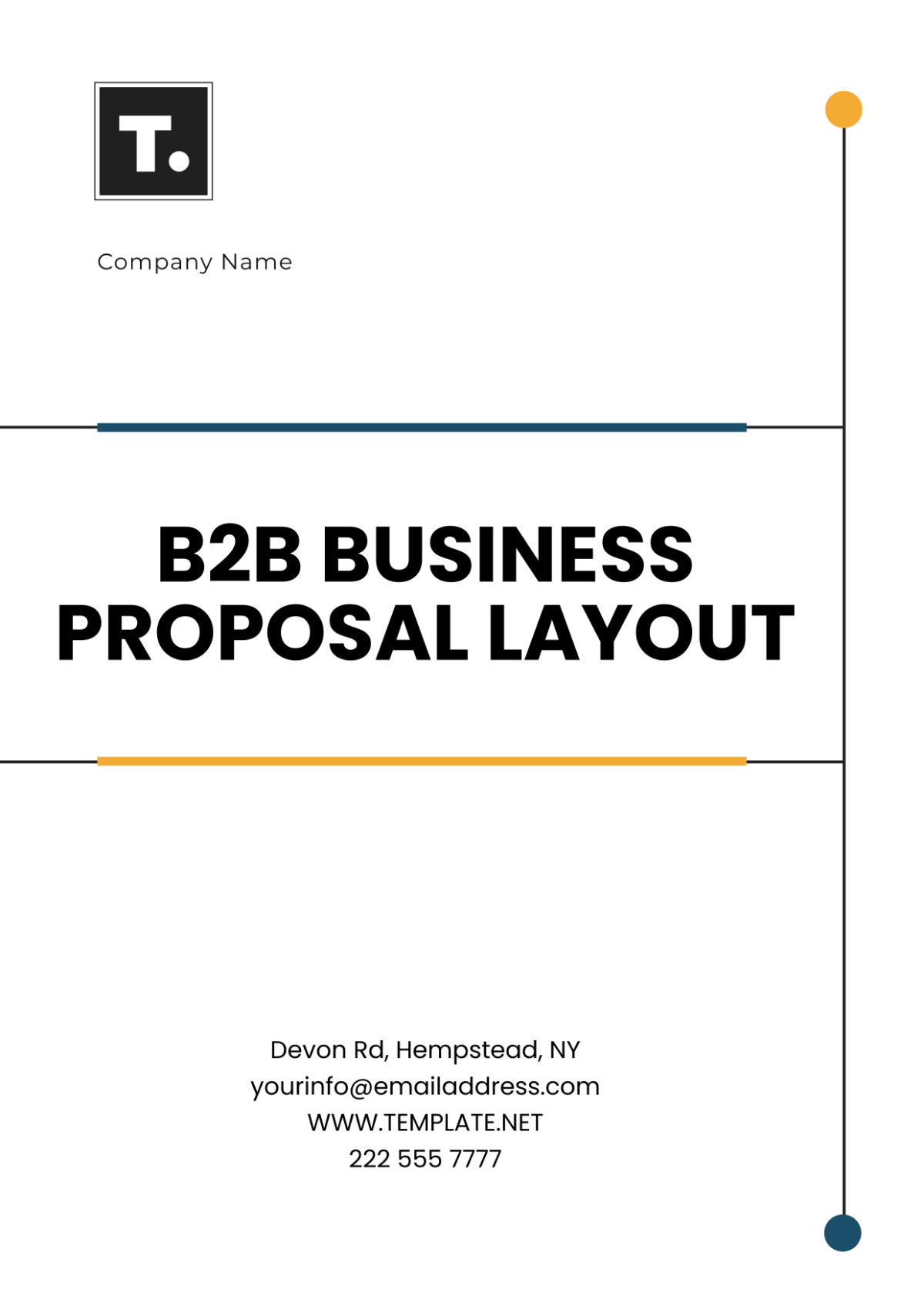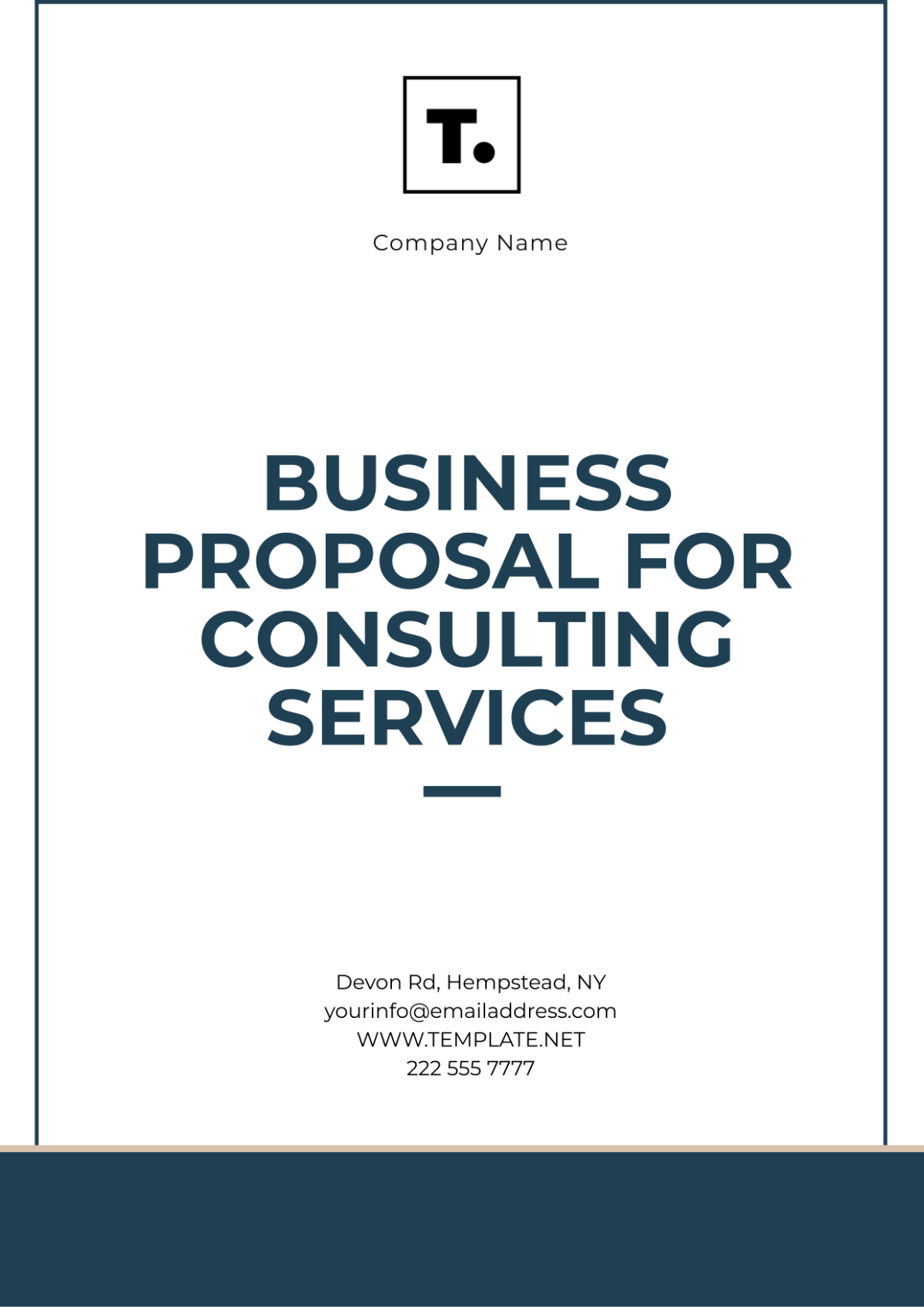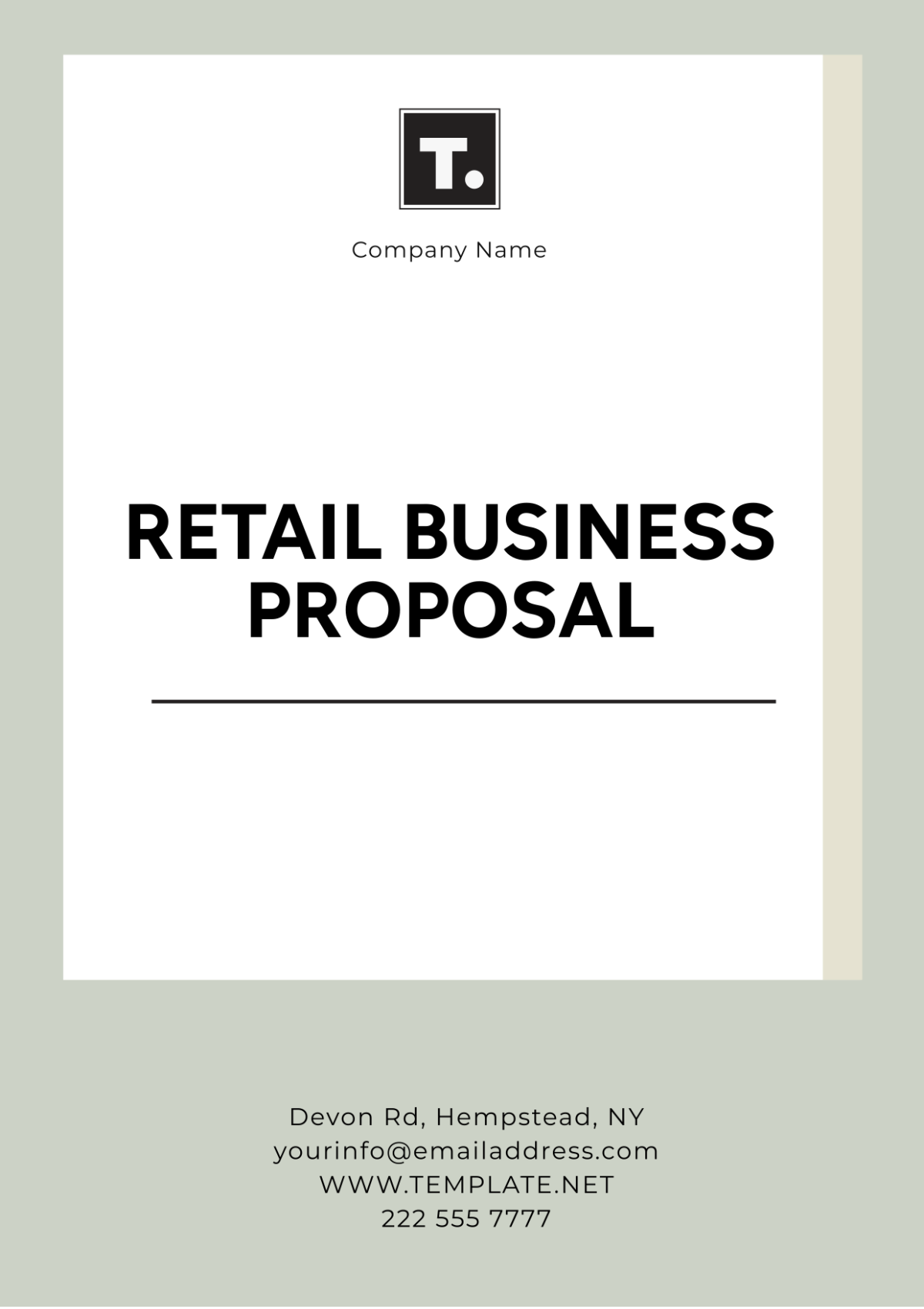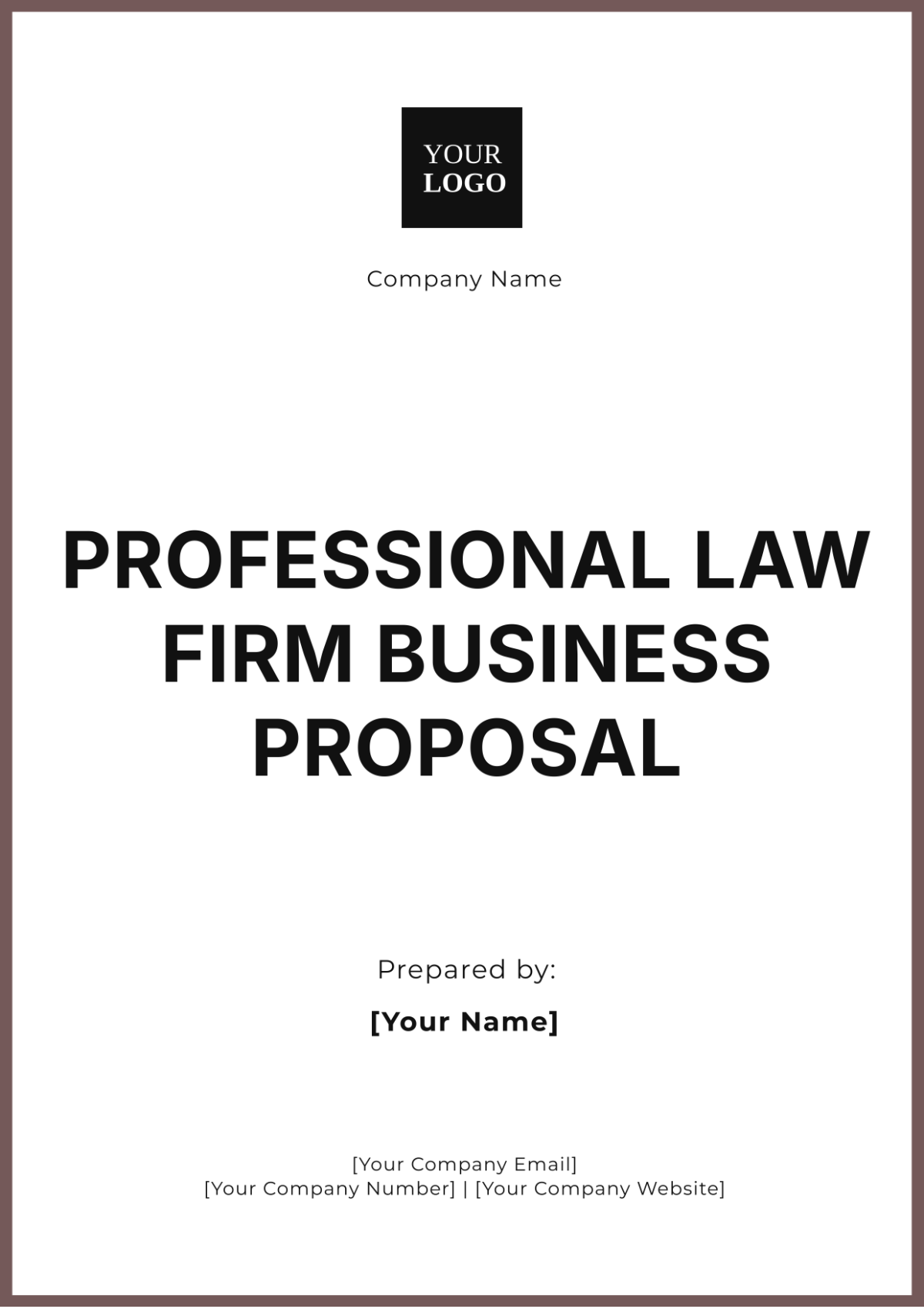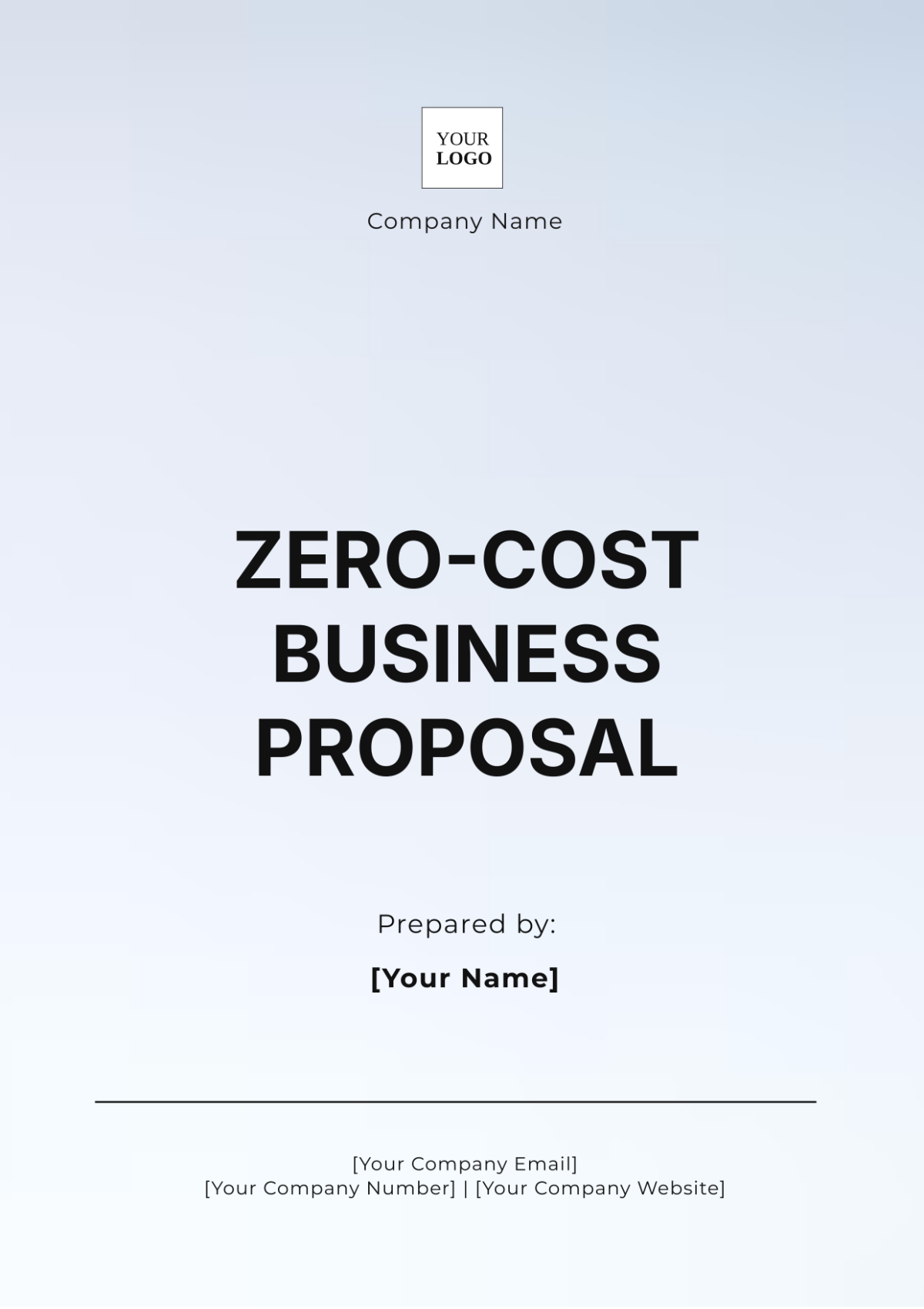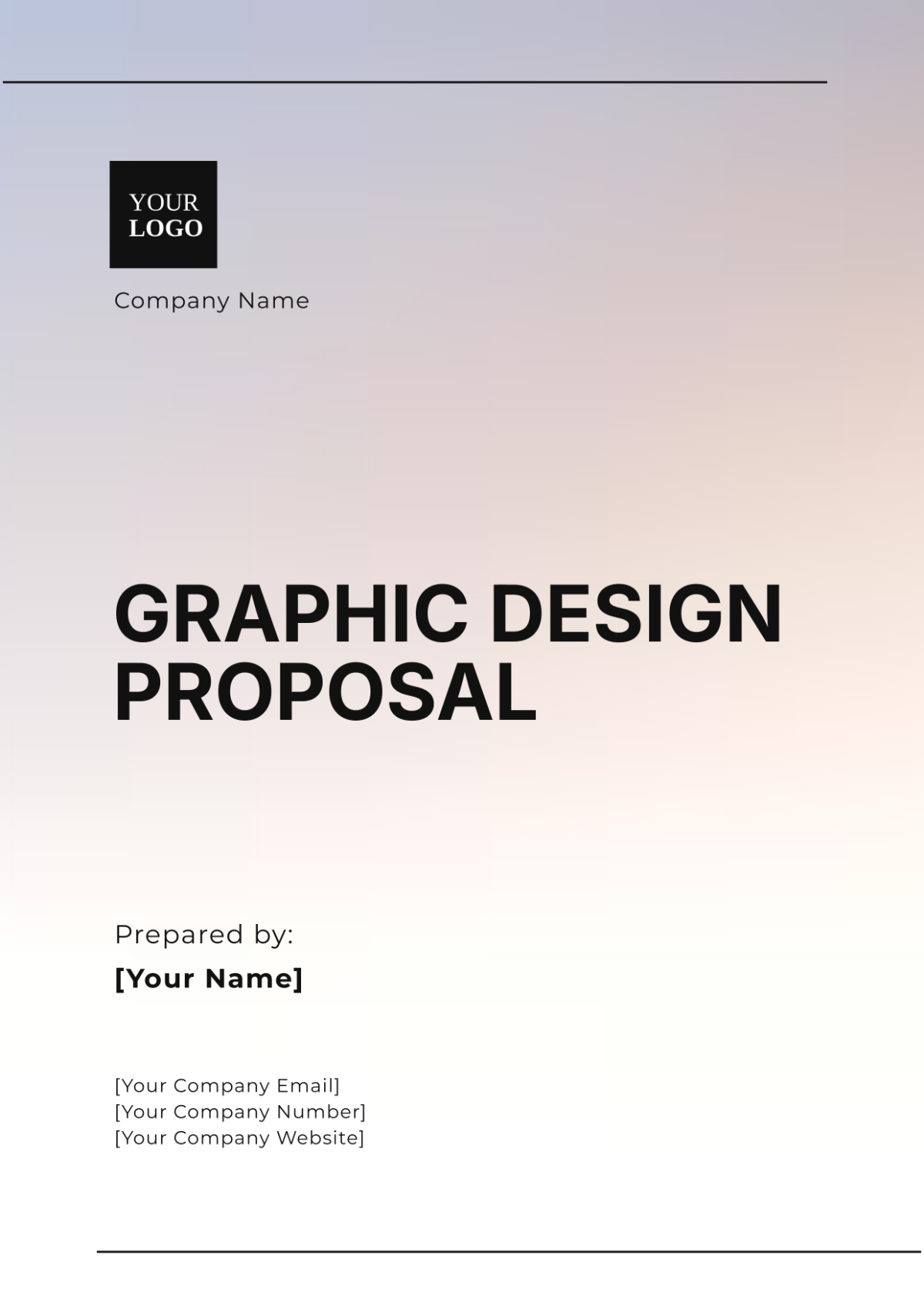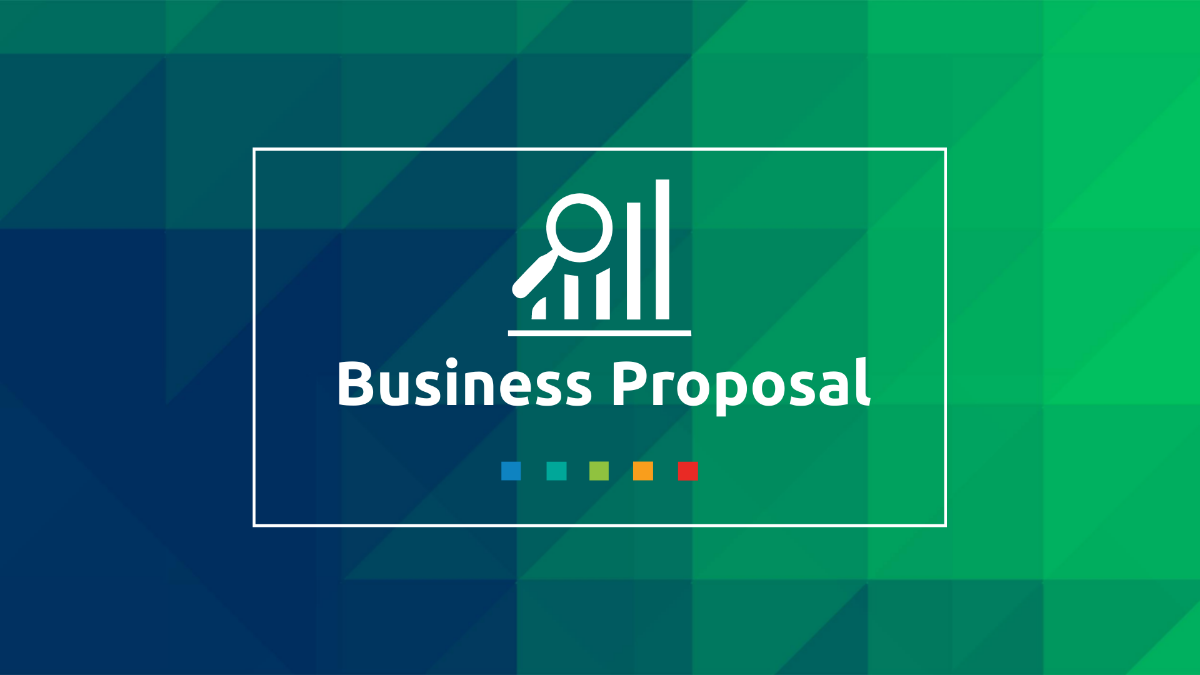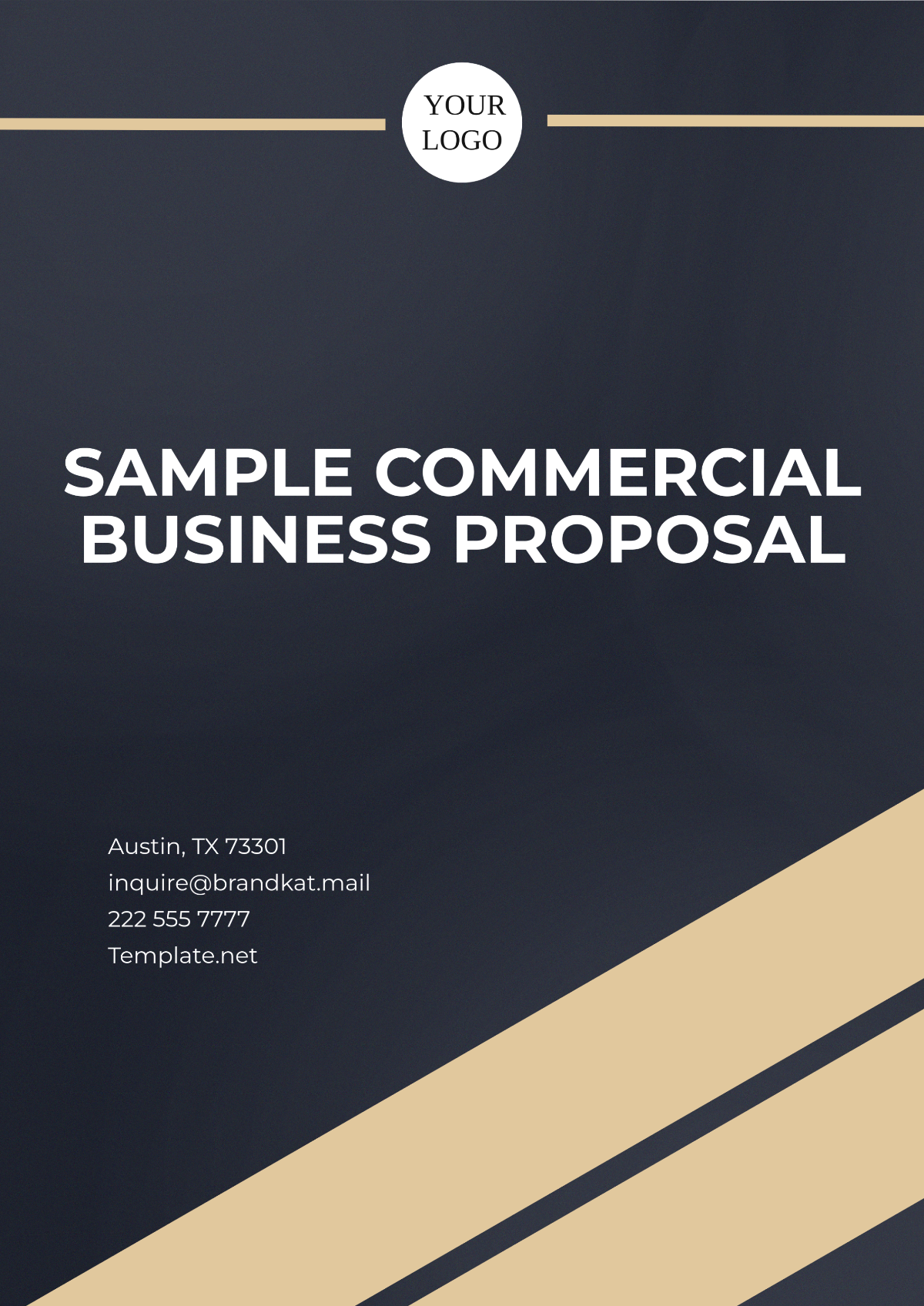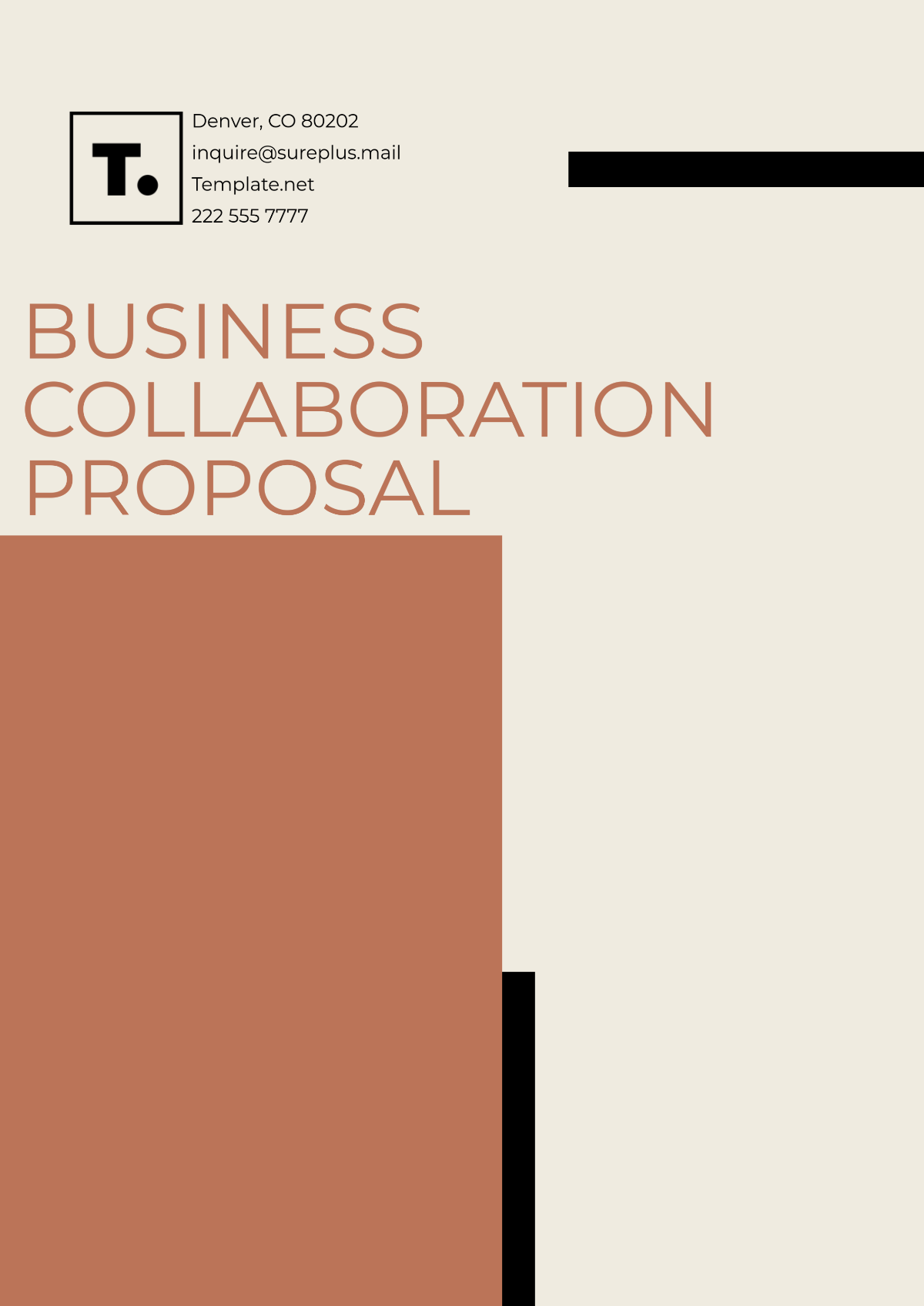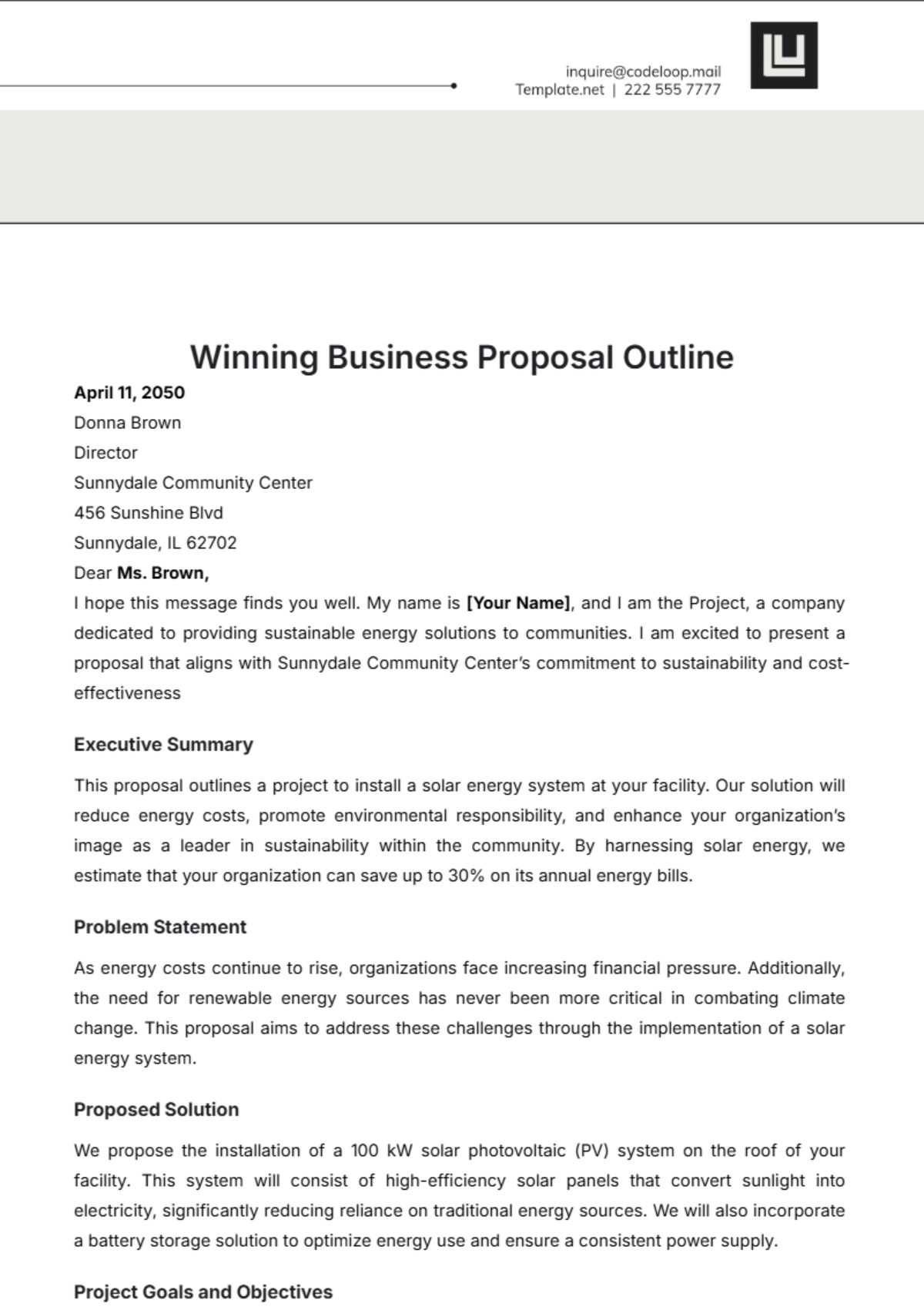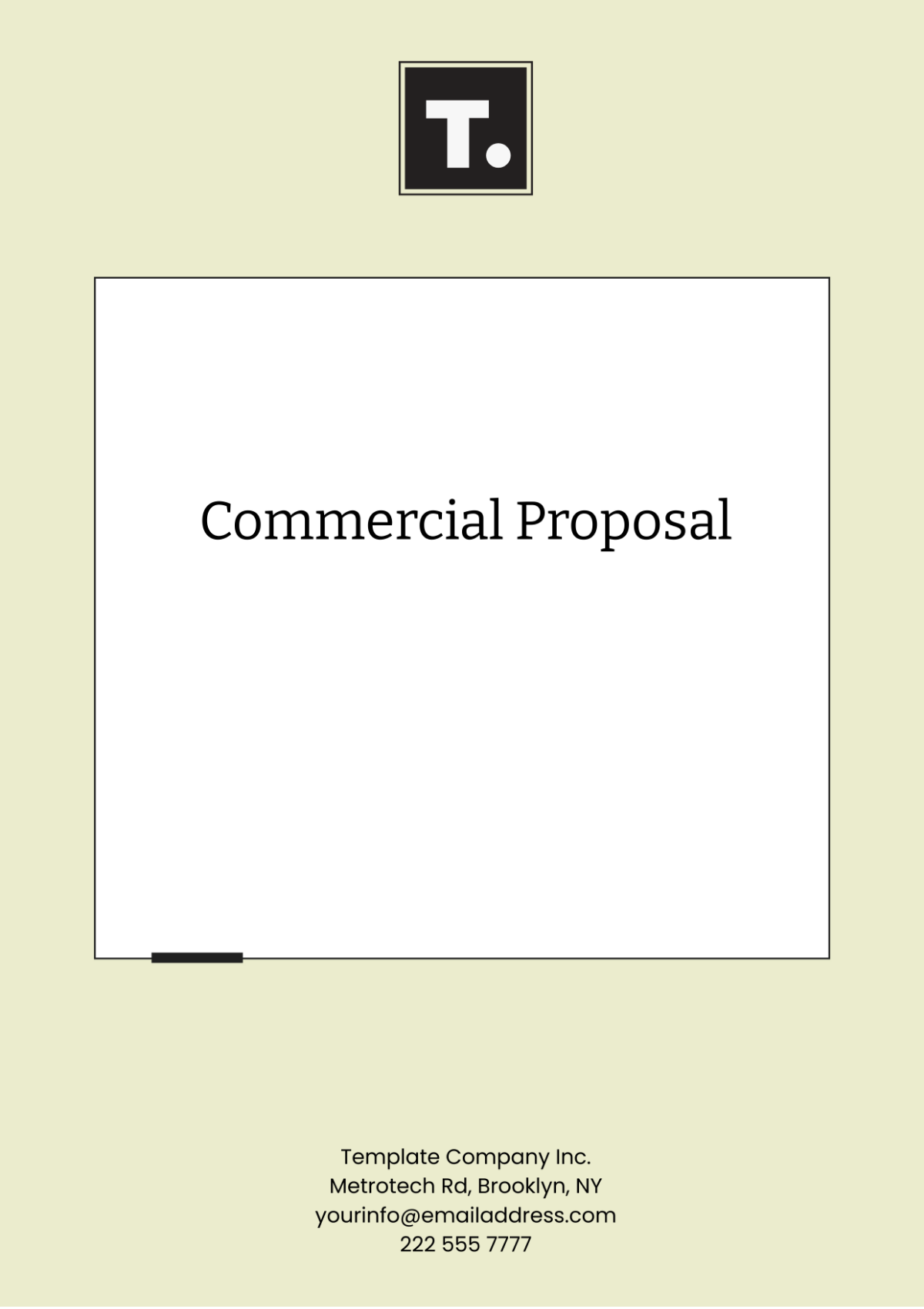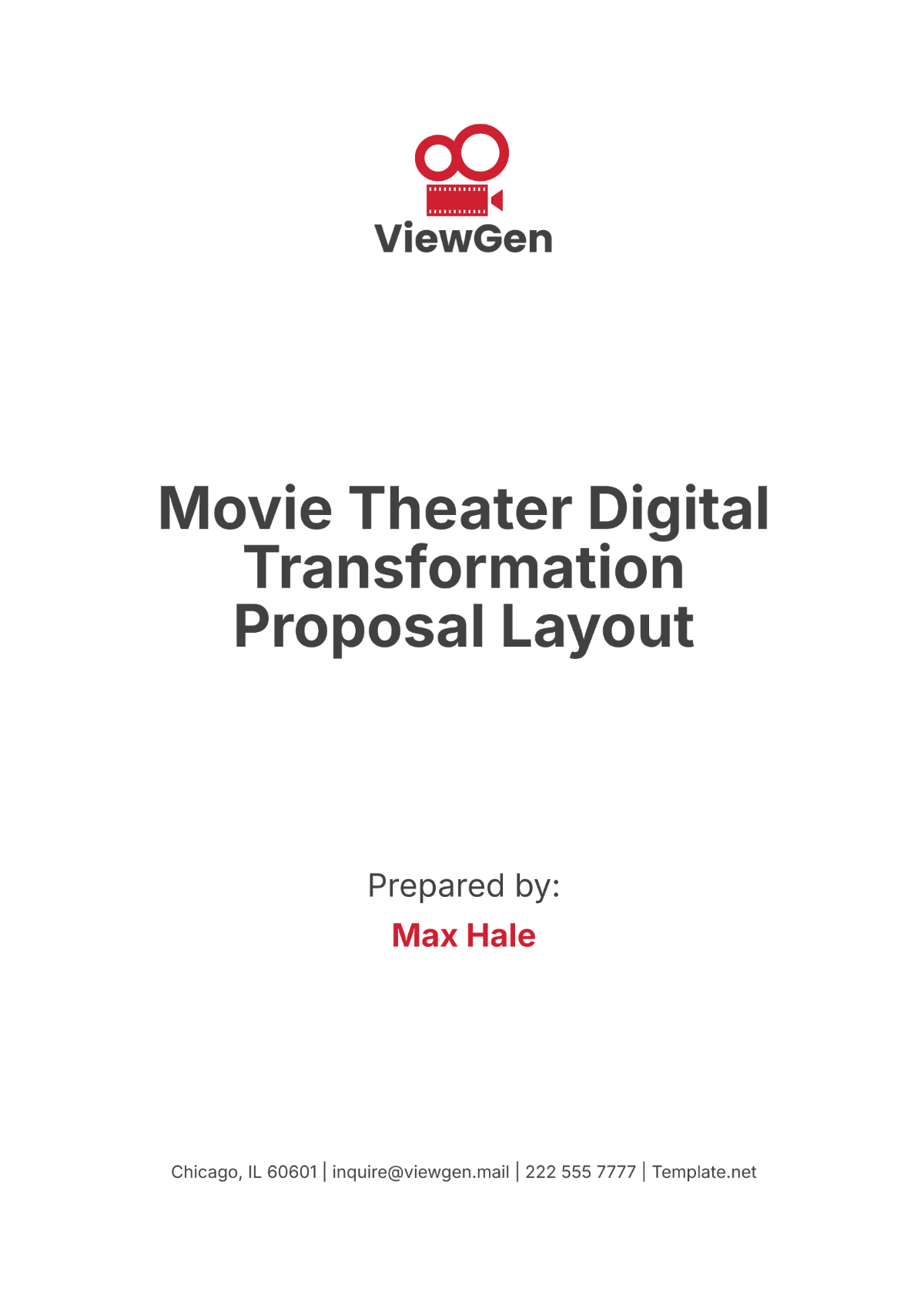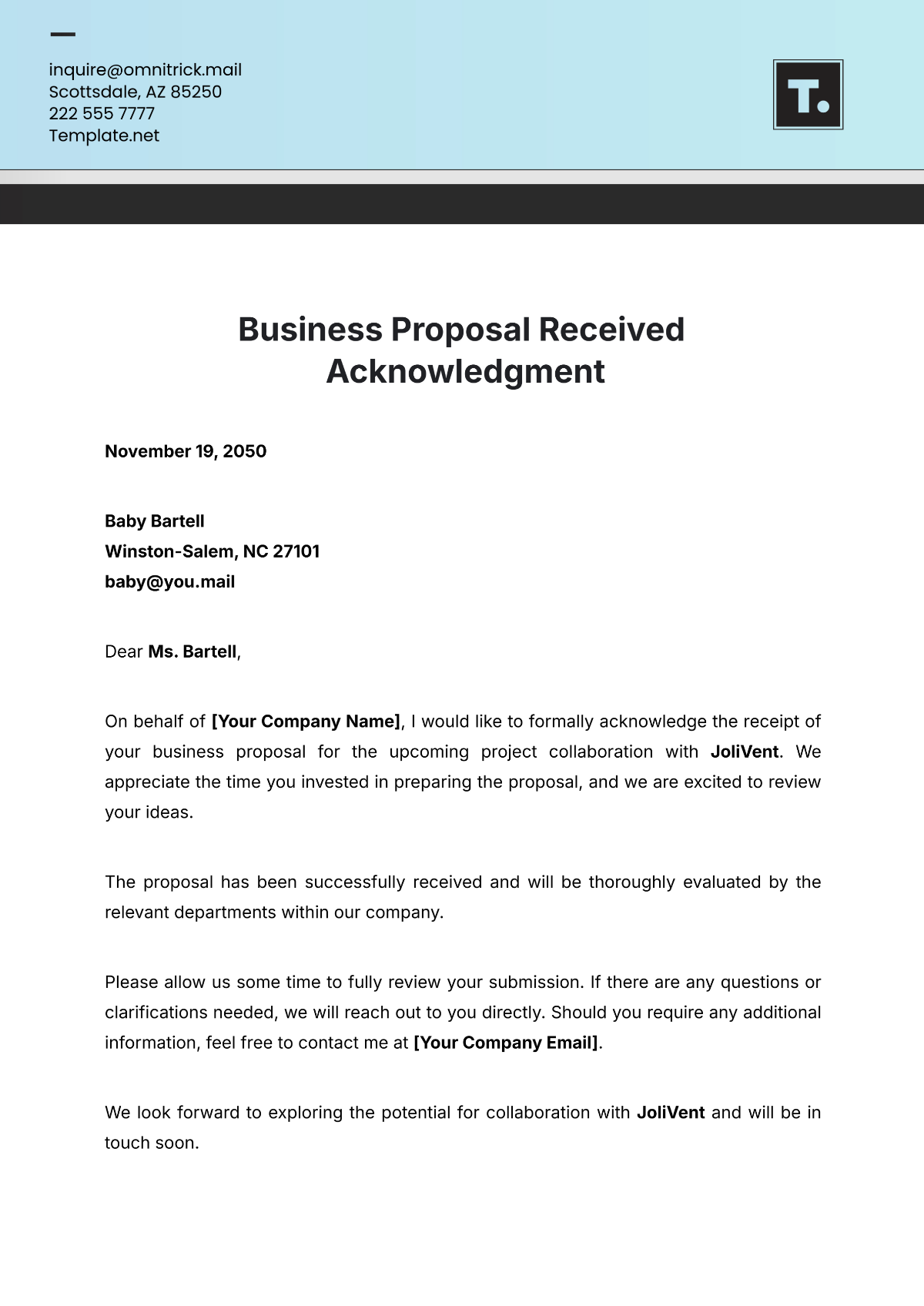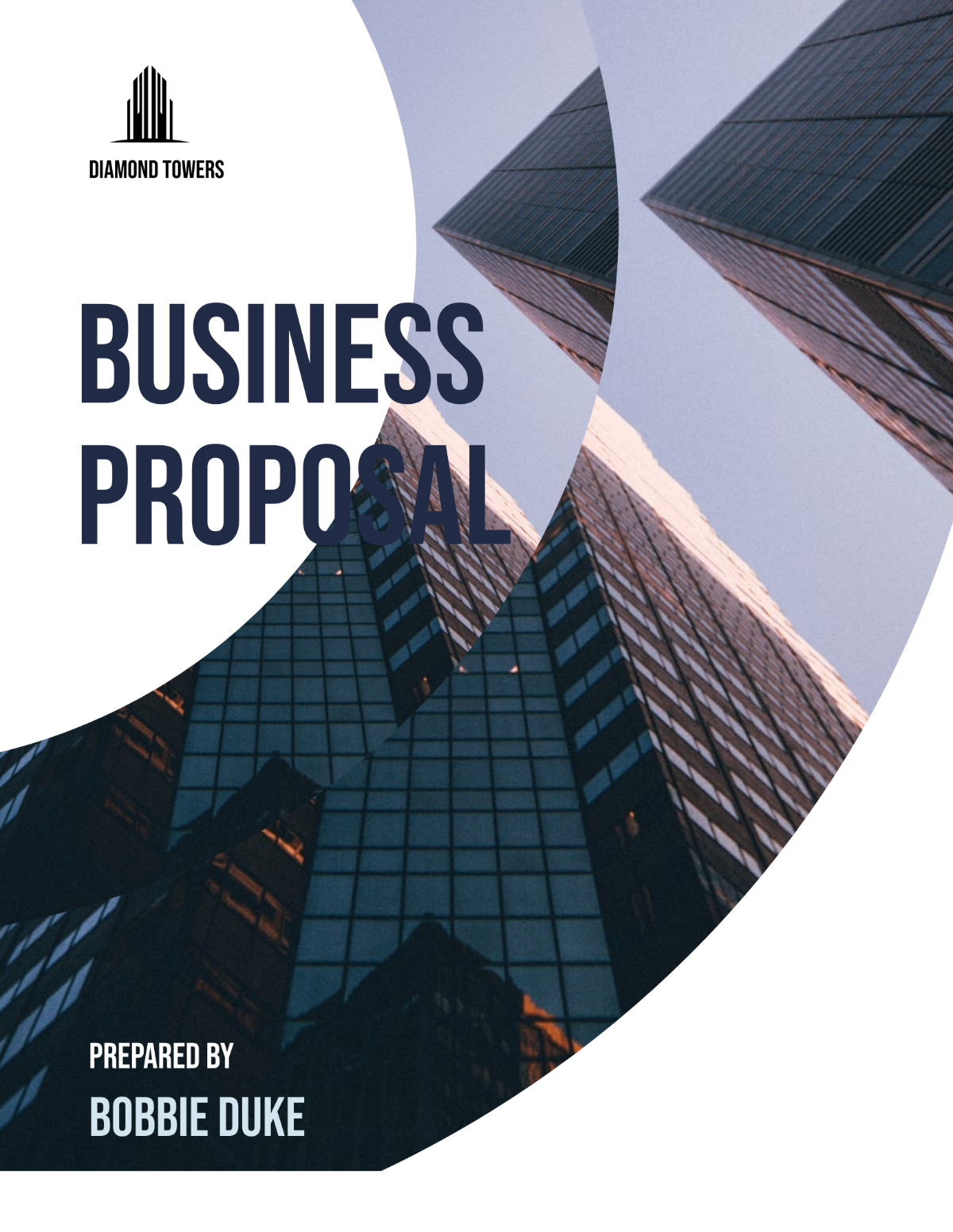B2B Business Proposal Layout
1. Executive Summary
This section should briefly summarize the key points of the proposal:
Overview of your company
Problem statement (what the client needs)
Your solution (what you are offering)
Expected outcomes or benefits for the client
Why you are the best choice (your unique selling points)
2. Company Overview
Provide background information about your company:
History of the company
Mission, vision, and values
Your expertise and industry experience
Key accomplishments, awards, and client testimonials
Team overview (brief bios of key personnel if relevant)
3. Client Needs Analysis
Summarize the research and understanding of the client's business needs, goals, and challenges. Include:
Client’s current situation or pain points
The opportunities that your company sees
How your solution aligns with their objectives
4. Proposed Solution
This is the core of the proposal, where you provide a detailed description of your solution:
Specific services/products you will provide
How your solution addresses the client's needs and goals
Project scope, including key deliverables
Timeline or phases of the project (if applicable)
Expected results and ROI (return on investment)
5. Implementation Plan
Outline how you plan to implement the proposed solution:
Project timeline or schedule
Roles and responsibilities (both your team and the client’s team)
Milestones and key deliverables
Any dependencies or resources needed
Post-implementation support, if applicable
6. Pricing and Payment Terms
Provide a clear breakdown of your pricing:
Cost breakdown (per service, product, or phase)
Payment schedule (e.g., upfront, milestone-based, etc.)
Terms and conditions for payment (e.g., late fees, deposits, etc.)
If needed, you can also include:
Optional services/add-ons with pricing
Discount structures (if applicable)
7. Terms and Conditions
Outline key legal terms, including:
Project timelines, deadlines, and deliverables
Liability limitations
Confidentiality terms
Termination conditions
Any other legal considerations (IP, indemnity, etc.)
8. Case Studies or Examples
Include real-world examples or case studies that demonstrate your ability to deliver. Highlight:
Past clients (if permission granted)
The problem they faced, your solution, and the outcomes
Measurable results (e.g., sales growth, cost savings)
9. Conclusion and Next Steps
Wrap up with a brief conclusion:
Reiterate your value proposition
Encourage further discussion or questions
Provide a clear call to action (e.g., request a meeting, sign-off process)
10. Appendix (Optional)
This section can include any additional information or supporting documents, such as:
References from previous clients
Technical details or specifications
Detailed timeline or project plan
FAQs
